Meet the Teams
Introducing the teams of Indigenous youth leaders who are advancing clean energy projects grounded in kinship, mentorship, and a shared energy future.
Portrait
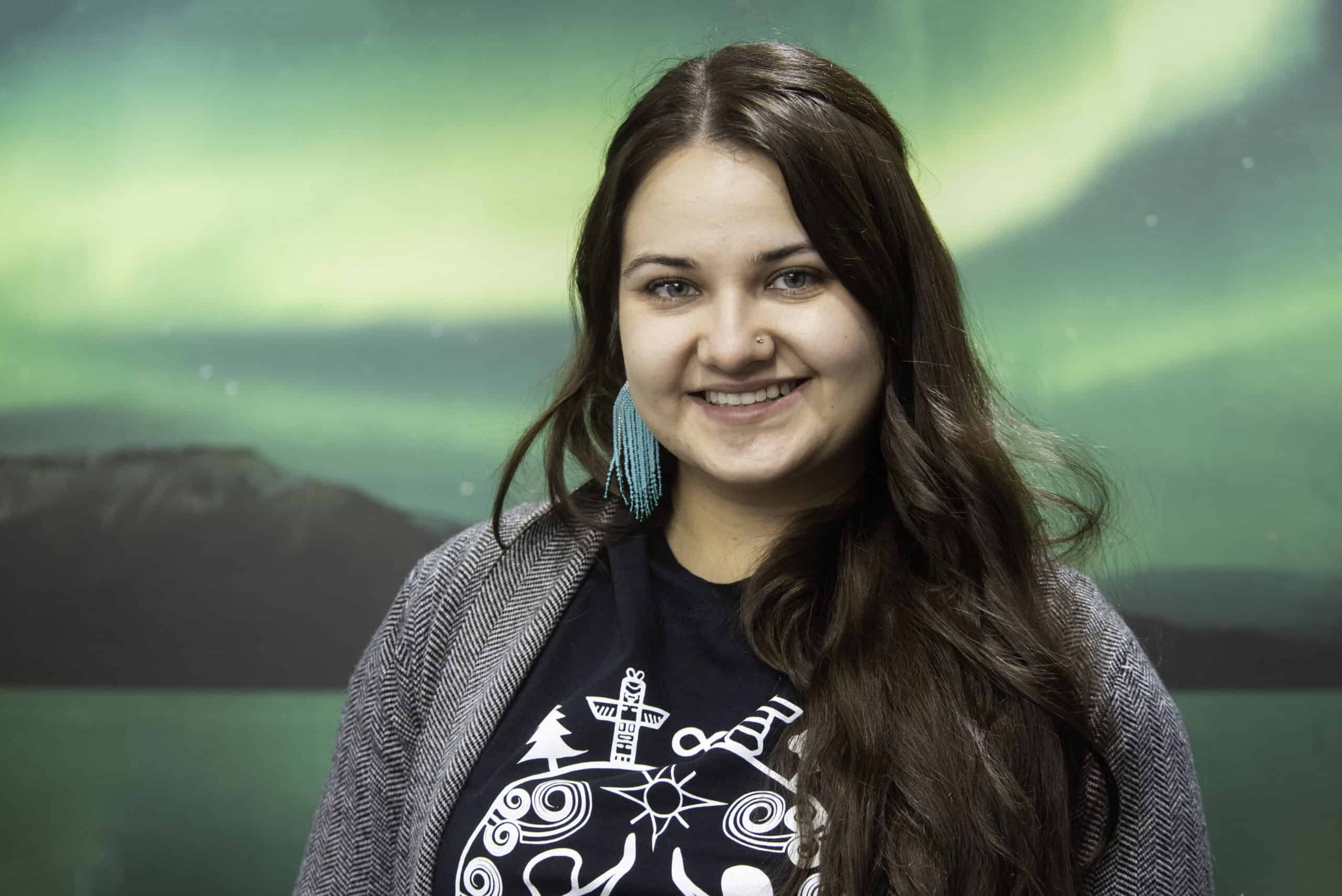
Name
Accessible Solar Greenhouse
Tianna Philippot
Treaty 1, homeland of the Red River Métis Nation, MB
Description
Tianna is passionate about connecting community to accessible and sustainable agriculture. This led her to her ImaGENation project idea to pursue a wheelchair accessible greenhouse that operates on clean energy. The greenhouse involves a smart vertical farming system in a repurposed SECAN container that utilizes clean energy. The self-contained vertical farm will be transportable to different communities and will be designed with wheelchair users in mind. The project will analyze and compare the efficiency of various types of clean energy to effectively operate a hydroponic system year-round for the Manitoba climate. The indoor vertical farm aims to demonstrate the interconnected relationship of food and energy sovereignty and the positive impact of localizing our food source. The accessible greenhouse will be a healing space to reconnect people with plants and medicines, and encourage excitement about growing food year round and off-grid.
The Accessible Solar Greenhouse requires mentorship expertise & services in the following areas of clean energy: Community Engagement, Networking, Technical Specifics, Fundraising, Research & Development. If you are interested in supporting this project, please submit an Expression of Interest form here.
Tianna grew up in rural Manitoba (Treaty 1, homeland of the Red River Métis Nation) which provided her with an appreciation for nature at a young age. She is a proud Red River Métis woman with European ancestry and largely credits her connection with the environment to her Indigenous Identity. She received a Bachelor’s degree in Biosystems Engineering with an Environmental Specialization and a minor in Agribusiness at the University of Manitoba in 2021. Motivated to work with Indigenous communities and environmental systems, she joined Urban Systems as an Engineer-in-Training (EIT) in 2021 after completing a Clean Energy Co-op in 2020. She believes we can build a more climate resilient world by “seeing through both eyes”: using the combination of Western science and Indigenous knowledge. When she is not working, Tianna enjoys being outdoors, exploring new places, gardening and spending time with her family and friends.
Portrait
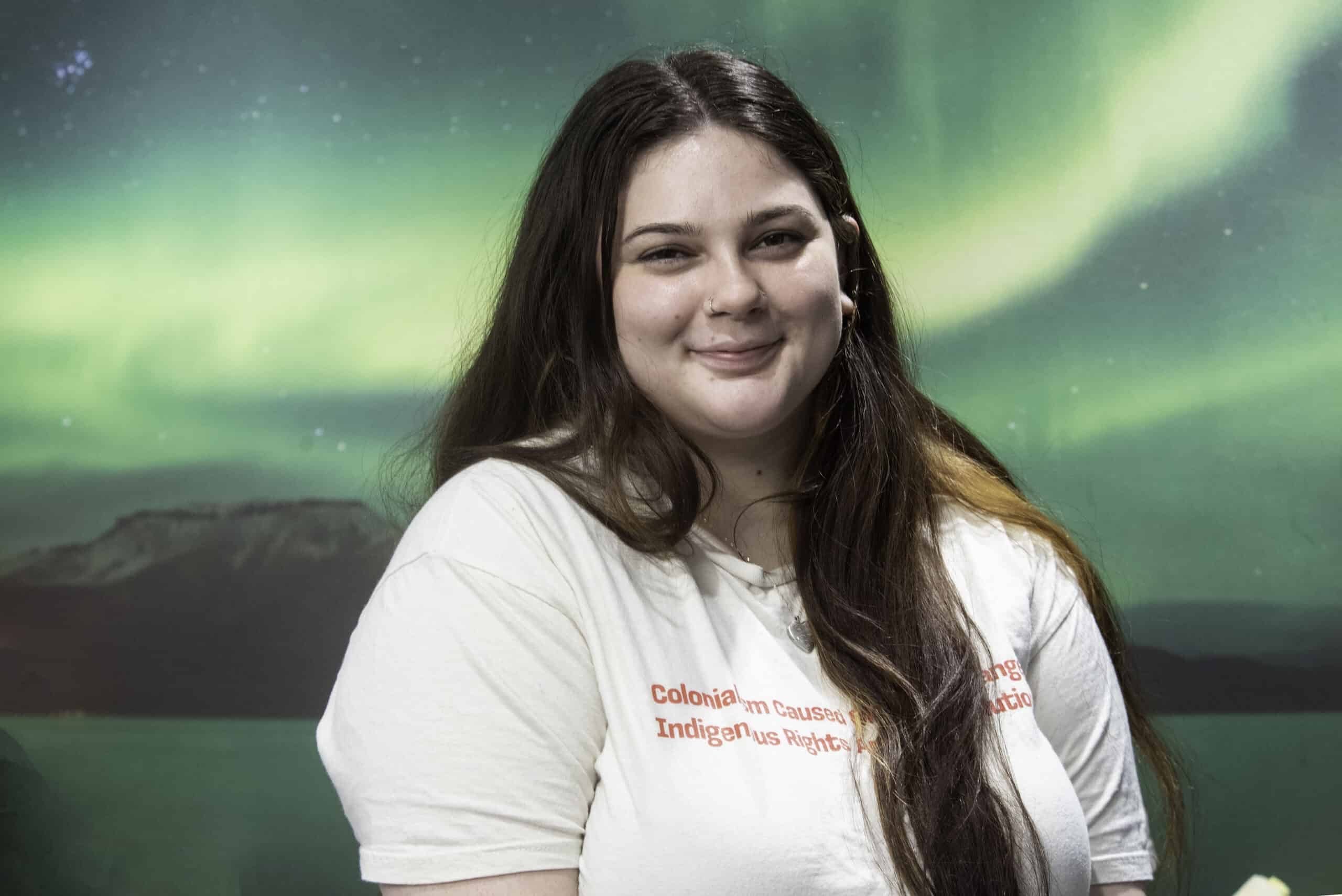
Name
EV Shuttle Feasibility Study
Madison Green
Tri-Cities area of Kitchener, Waterloo & Cambridge, ON
Description
This First Nations team hopes to develop an electric vehicle shuttle to help break the transportation barrier when gathering in ceremony with kin. The EV Shuttle Feasibility Study will target the Urban Indigenous population in the Tri-Cities area of Kitchener, Waterloo & Cambridge, Ontario.
The EV Shuttle Feasibility Study requires mentorship expertise & services in the following areas of clean energy: Research & Development, Project Management, Budgeting, Leadership, Indigenous Governance, and Fundraising. If you are interested in supporting this project, please submit an Expression of Interest form here.
Madison is Mohawk with matrilineal connections rooted in the Six Nations of the Grand River reserve. She is a recent graduate from Conestoga College and is working to bring Indigenous voices to the forefront of conversations that often lack Indigenous perspectives. In 2022, Madison started education in engineering where she first garnered an interest in sustainable building, with a focus on utilizing traditional knowledge. Madison ultimately stepped away from school and joined the Generation Power program which led her to her current role as a Project and Research Assistant at RFS Energy where she continues to expand her knowledge in the clean energy sector. Through her life experiences, Madison has come to know that Indigenous youth carry a unique and important life-perspective. And when given the opportunity, they have the power to change the world. In everything Madison does, she does her best to uplift their voices and hopes to continue doing so.
Portrait
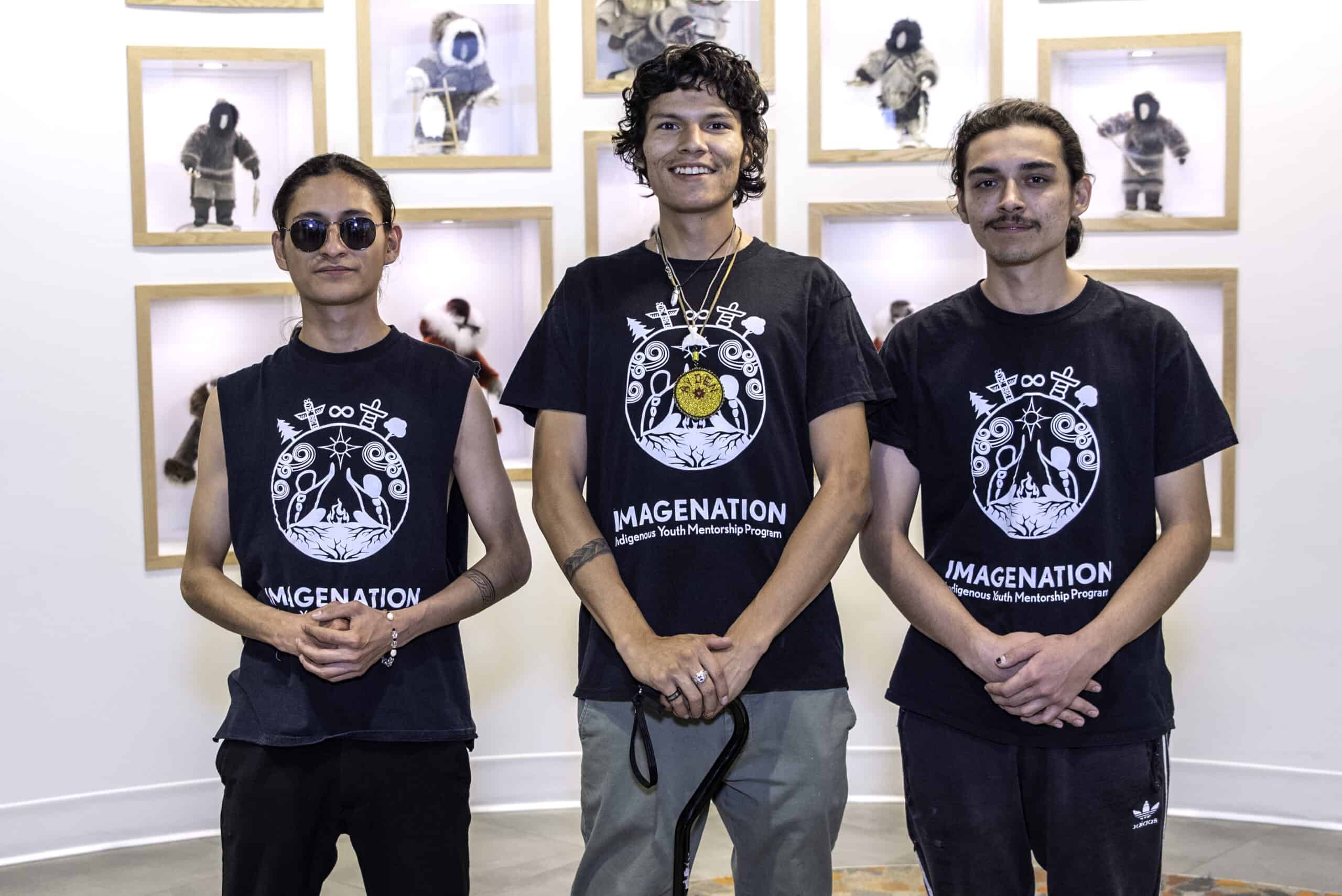
Name
Frog Lake Emergency Power
Samuel Marty, Ay’Den Abraham, and Michael Marty
Frog Lake First Nation, AB
Description
This youth team aims to bring an off-grid emergency shelter to Frog Lake First Nation in Alberta. They aim to design a space to shelter community members during extreme cold/heat, fire, drought, or other climate events. The space will be designed using clean energy systems and will help the nation with its emergency management plan and goals for self-sustainability.
The Frog Lake team requires mentorship expertise & services in the following areas of clean energy: Project Management, Technical Specifics, Budgeting, and Research & Development. If you are interested in supporting the Frog lake Emergency Power project, please submit an Expression of Interest form here.
Samuel Marty, (age 21) is a Frog Lake First Nations member. He works in his community as a Clean Energy Coordinator and team member of L.E.A.P ( Legacy, Energy and Alternative Power), while simultaneously keeping up his role as an Oskapous (ceremonial helper). He believes through the collective efforts of his community, his team, and the experience gained that it is possible to create a green sovereignt nation that is not reliant on fossil fuels. He hopes to inspire the neighboring nations to join the transition to a clean, greener future. Through the program, Samuel intends to refine his knowledge, capacity build, network, make lifelong connections, and also have fun with the process. He believes that Imagination will help him achieve and accelerate his plan for an Indigenous Clean Energy future, for the next seven generations to come. “We only get one shot at this life, so take care of yourself and the world we walk on. Aho!”
Ay’Den Abraham (age 24) is an active member of his home community of Ayîk Sâkâhikan (FrogLake). With a background in carpentry being a family generational trade, he and his family have helped build the community. Working as a summer student through to supervisor is where he became more passionate about sustainability for the environment for the future population. He took training to become a Volunteer with his Fire Department in the Summer of 2023. During this time in August of 2023 upon request, he co-coordinated a Plains Cree cultural camp with the scope of environmental monitoring. The camp was very successful and with encouragement from his colleagues he began to build relationships and his skills with Indigenous Clean Energy and Legacy Energy and Alternative Power (LEAP) projects. He applied through the programming through ICE and was accepted into Generation Power 2023/24, and again for 2024/25, he still volunteers as a firefighter. Ay’Den believes in leaving a great world behind for his son and his future generations, friends and family and everyone to live as one with the environment.
Michael Marty (age 22) Is a young ambitious Father working for his nation as a Community Energy Coordinator and Clean Energy Champion. He is driven to help make his nation become a better place for the next seven generations. The way he is doing that is with the implementation of clean energy, food sovereignty, energy efficient homes, Clean building materials, environmental monitoring, and by protecting our land. Michael has been working on clean energy projects/ Land based projects for almost two years under his nation and is also a 20/20 Catalyst in 2023, and a Generation Power participant. With the implementation and help of all these projects, programs, and capacity building, he hopes to mitigate the use of fossil fuels in his community and begin the transition to clean energy use in all of Alberta to help protect and preserve our land for the next seven generations. Protecting the land is most important to him because if we have no more trees, plants, bugs, water, Et cetera we won’t be able to continue practicing and maintaining our culture and the identity of our people. “I am not an activist, I am a Land protector and projects like this will help protect our sacred mother earth for generations to come.”
Portrait

Name
GBFN Green Generation
Jayden Fisher
Kiashke Zaaging Anishinaabek (Gull Bay First Nation), ON
Description
The purpose of the GBFN Green Generation project is to promote and educate on the topic of recycling to the community of Gull Bay First Nation (GBFN). Through awareness, engagement, and learning, the GBFN Green Generation hopes to reclaim the community’s role as stewards of the land for current and future generations. The project will facilitate engagement through school curriculum, youth-led presentations, and workshops led by experts in recycling to guide a waste audit and recycling plan that tackle issues currently affecting the environment.
Jayden is a member of Kiashke Zaaging Anishinaabek (Gull Bay First Nation), an Ojibway Community, located on the Western Shoreline of Lake Nipigon in Northwestern Ontario, signatory to the Robinson Superior Treaty. Jayden is a Teaching Assistant in her community as well as a freelance Designer and Animator with an Advanced Diploma in Interactive Media Development from Confederation College. From a young age, Jayden has been very passionate about living sustainably and engaging her peers to live more eco-conscious. From starting up a greenhouse and recycling program while in high school and recently working on a food security project in Gull Bay consisting of a community garden, greenhouse, and local food market, she is always up to the opportunity to create experiential and meaningful connections for her community. Jayden believes in building strong relationships between young people and their communities. Connected, cherished, and confident teens will choose a healthy life now and in the future. When she isn’t busy working, her hobbies include writing, painting and bingeing on many tv shows and movies. She’s a person of few words, but beneath that calm exterior beats the heart of a very passionate individual. Jayden is creative, works hard, learns quickly and constantly strives to grow through new experiences.
Portrait
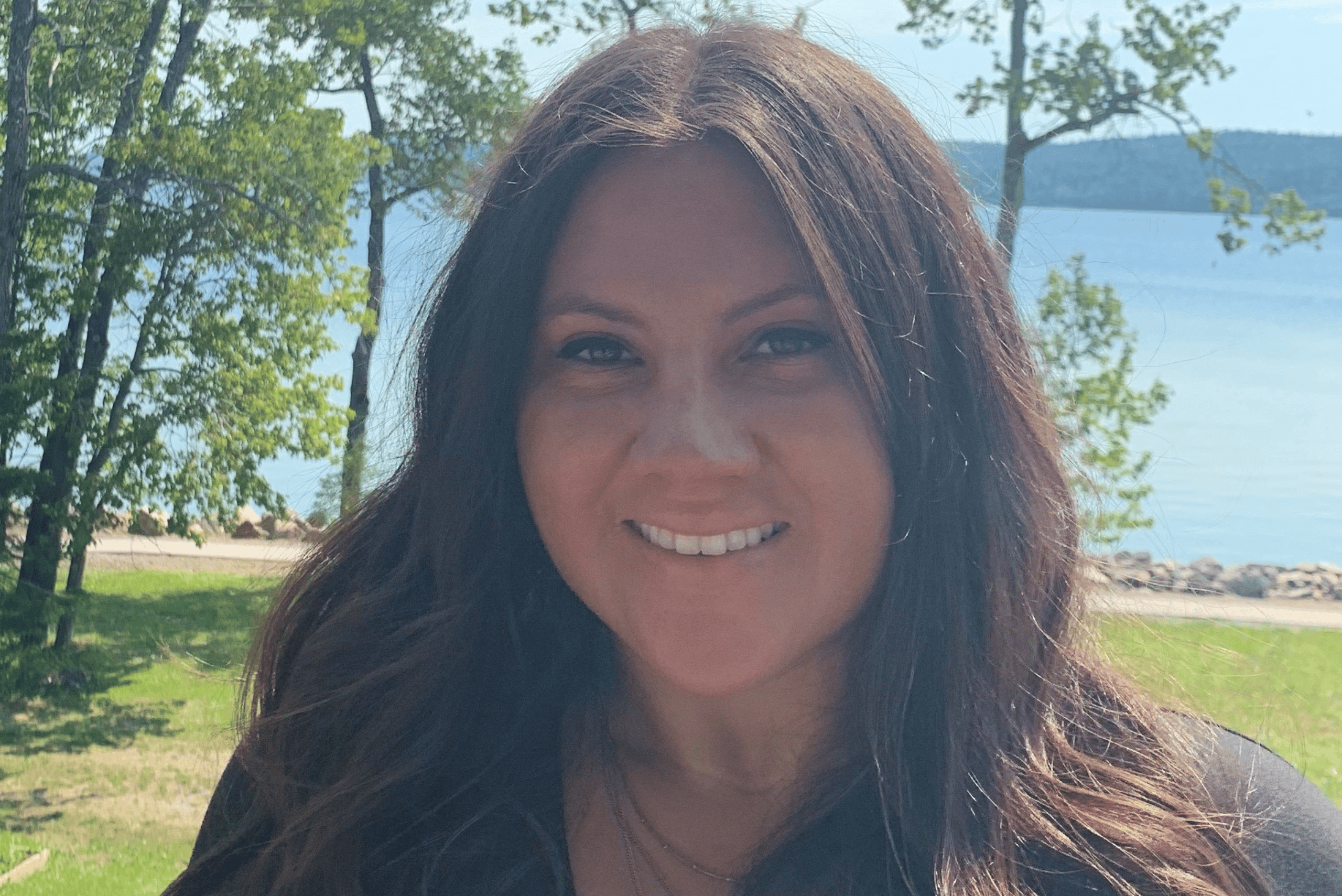
Name
Healing Our Home: mînawâcihiwewi-ne-wîkiwnan
Bohdana Innes
Moose Cree First Nation, ON
Description
With the Healing Our Home project, Bohdana aims to design a prototype home and housing development plan in Moose Cree First Nation, reflecting community needs, values, and traditional knowledge.
The project is informed by community engagement with the Moose Cree First Nation and honours the way of living in the Mushkegowuk Territory. In partnership with the Child & Family Services department, the project will address a critical need for housing in the community and provide a home for children in foster care.
The purpose of the project is to empower Moose Cree First Nation and other Indigenous communities to build homes that reflect their community and their land by integrating design knowledge with Indigenous knowledge.
Bohdana Innes is Cree from Moose Cree First Nation of Moose Factory. Born in Moose Factory and raised in Wawa Ontario, Bohdana is proud of her mixed heritage background of Cree, Ukrainian, and Scottish. She currently lives in Sudbury, on Anishinabek Territory, as she completes her Master’s degree in architecture at the McEwen School of Architecture.
Bohdana holds a Bachelor of Architecture with a minor in Indigenous Studies. She is currently in her final year of her Master’s program at the McEwen School of Architecture. Along with studying at McEwen, she is pursuing her Passive House Design certification. Bohdana’s Indigenous heritage has been a driving force in her interest in researching Indigenous cultures across Canada, which led her to pursue her passion in Indigenous architectural design.
She has worked continuously throughout her professional career to gain knowledge in the Indigenous process and design. Bohdana is also interested in sustainable design strategies and modern construction methods, which will allow her to bring different expertise to future projects with First Nation communities.
Portrait

Name
Healing Our Home: mînawâcihiwewi-ne-wîkiwnan
Bohdana Innes
Moose Cree First Nation, ON
Description
With the Healing Our Home project, Bohdana aims to design a prototype home and housing development plan in Moose Cree First Nation, reflecting community needs, values, and traditional knowledge.
The project is informed by community engagement with the Moose Cree First Nation and honours the way of living in the Mushkegowuk Territory. In partnership with the Child & Family Services department, the project will address a critical need for housing in the community and provide a home for children in foster care.
The purpose of the project is to empower Moose Cree First Nation and other Indigenous communities to build homes that reflect their community and their land by integrating design knowledge with Indigenous knowledge.
Bohdana Innes is Cree from Moose Cree First Nation of Moose Factory. Born in Moose Factory and raised in Wawa Ontario, Bohdana is proud of her mixed heritage background of Cree, Ukrainian, and Scottish. She currently lives in Sudbury, on Anishinabek Territory, as she completes her Master’s degree in architecture at the McEwen School of Architecture. Bohdana holds a Bachelor of Architecture with a minor in Indigenous Studies. She is currently in her final year of her Master’s program at the McEwen School of Architecture. Along with studying at McEwen, she is pursuing her Passive House Design certification. Bohdana’s Indigenous heritage has been a driving force in her interest in researching Indigenous cultures across Canada, which led her to pursue her passion in Indigenous architectural design. She has worked continuously throughout her professional career to gain knowledge in the Indigenous process and design. Bohdana is also interested in sustainable design strategies and modern construction methods, which will allow her to bring different expertise to future projects with First Nation communities.
Portrait
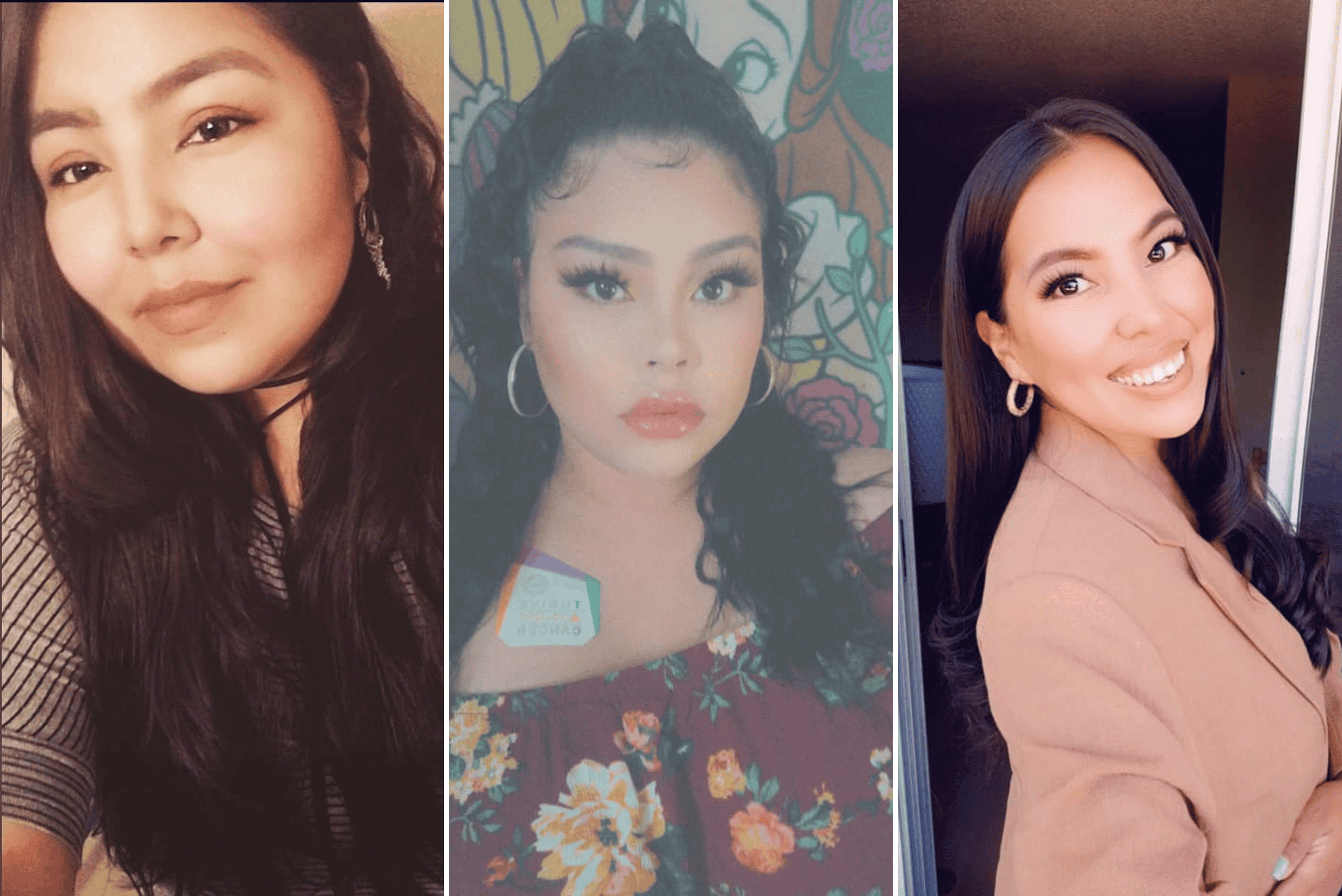
Name
Illuminative Brigade
Disa Crow Chief, Teya Rabbit Carrier, and Sherry Woods
Siksika Nation, AB
Description
The vision of the Illuminative Brigade is to provide a safe and nurturing space for energy education in Siksika First Nation. The youth-led initiative will facilitate workshops on clean energy, which will turn into mentorship programs led by the team to instill a purpose for sustainability within the community. The engagement will also assist in the plans to build a clean-energy powered greenhouse, which will be implemented at the Siksika Outreach school and where elders can help educate on plants and medicines grown in the greenhouse.
Oki, my English name is Disa Crow Chief and my Blackfoot name is itspinaomahka. I am from Siksika, which is one of four Blackfoot tribes that make up the Blackfoot Confederacy. I co-founded Sevengen in 2017. Since then, I have been passionate about traveling, learning, and decolonizing perspectives centered around environmental & humanitarian issues. I hope to use the knowledge I have gained to benefit my people and Canada. I strive to get involved and educated on both sides of the argument around renewable energy in order to move forward and get projects started in my community. I make it a personal goal of mine to educate, engage, and empower the youth around me by sharing and celebrating their stories, and learning what it means to be a future ancestor.
Oki, Teya Rabbit Carrier’s Blackfoot name is Amoahstahkiiahkii (Victory Woman), and she is a Blackfoot Woman in Treaty 7, Siksika Nation. Teya is 24 years old and a mother to two children. She loves to learn and experience new things. Teya is very outgoing, friendly, and is very well knowledgeable in her Blackfoot ways, although she doesn’t yet speak her language fluently, she is in the process of learning it.
Anatakiikowaan is my traditional Blackfoot name. Sherry Woods is my English name. I am from Siksika Nation, part of the Blackfoot confederacy. I attend Mount Royal University, Journalism is my major and my minor is Indigenous studies. I currently work at the Glenbow Museum, in Indigenous Engagement and Reconciliation as an intern student. I’ve started my clean energy passion in 2022, I am brand new to the team. Disa took me on and believed that my abilities and talent could contribute to the team. My passion is writing and putting Indigenous voices at the forefront, just as I believe Indigenous people need to be at the forefront of the environment. I am excited to embark on this new journey!
Portrait
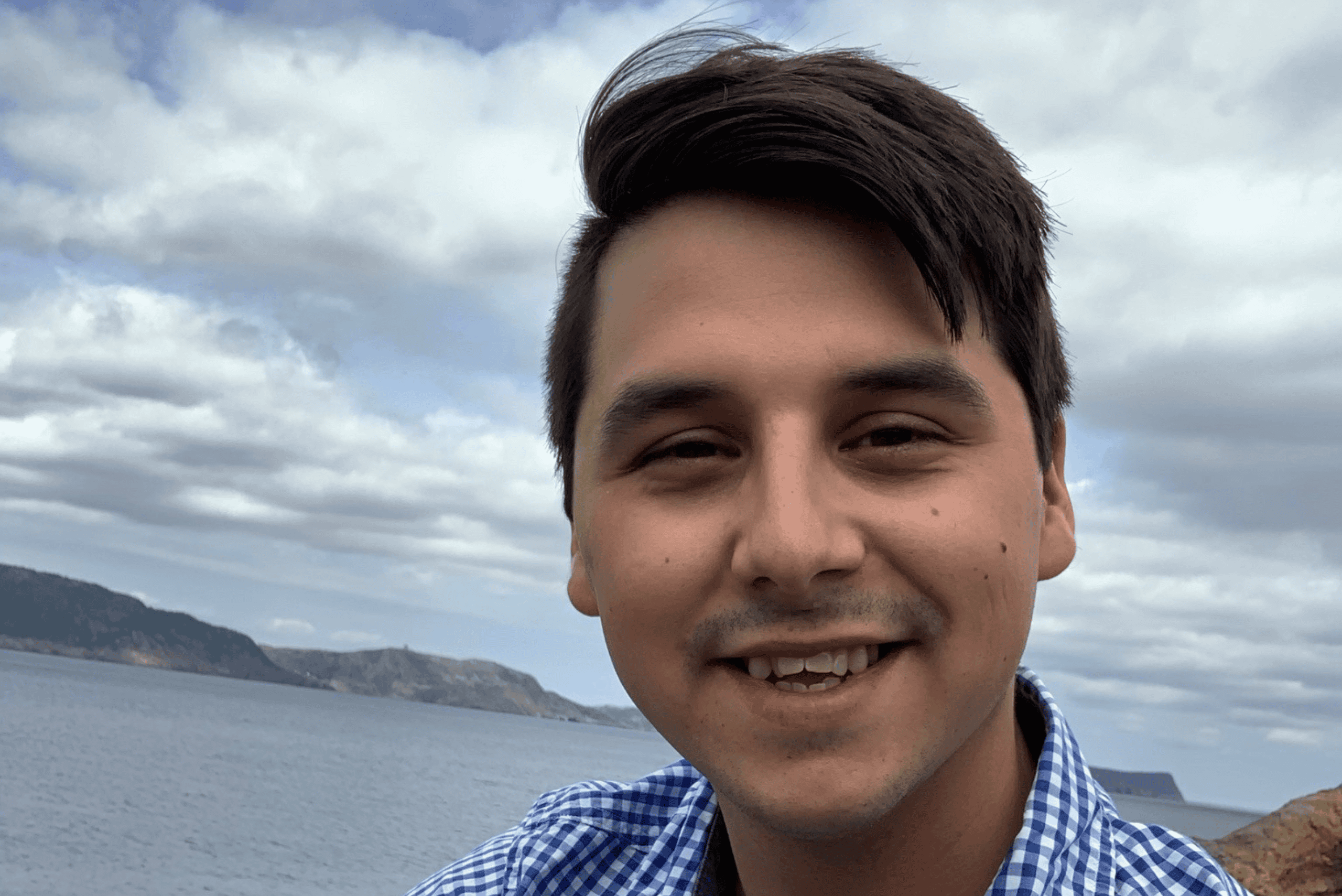
Name
imakGen
Brian Pottle
Nunatsiavut, NL
Description
imakGen seeks to research and develop a non-mechanical water-powered electric generator, which contrasts contemporary water turbine designs. imakGen will explore a new way to deliver electricity to remote and coastal communities, a NOVEL electric generator for use in salinated ocean water, simulation software to streamline the design process, and develop proof of concept for a potentially sustainable, low cost, and low maintenance source of energy.
Brian Pottle is an Inuk from the communities of Postville & Rigolet in Nunatsiavut, Labrador. While Brian’s background is in electrical engineering, he is directing a non-profit based out of Nunavut which is endeavouring to create makerspaces across the territory in hopes of empowering youth in Nunavut, especially Inuit youth, to pursue their dreams.
Portrait
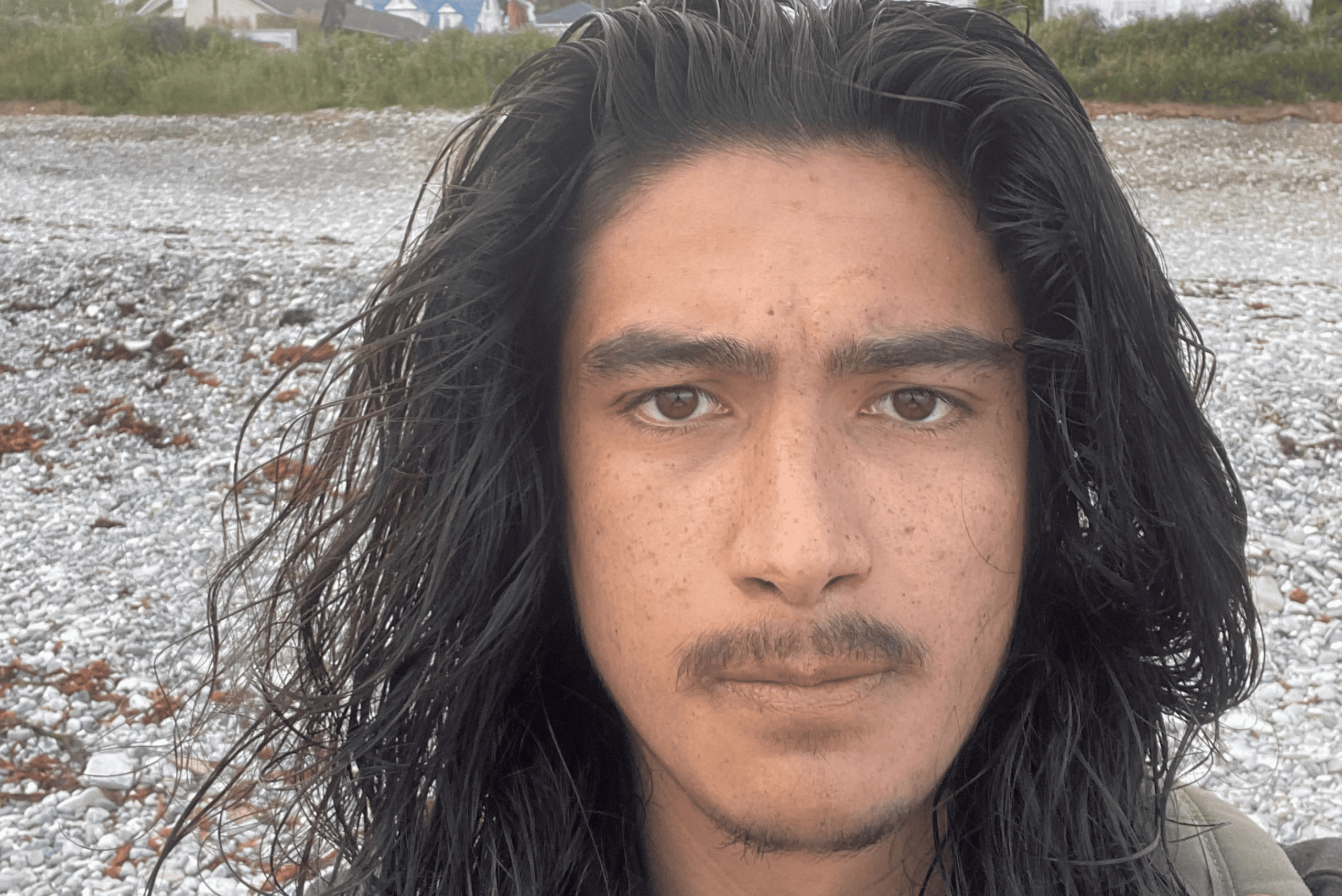
Name
Kokom Organizations
Mathieu Katekiashka Germain-Goodman
Description
The purpose of the Kokom Organizations ImaGENation project is to build dialogue on sustainable energy and traditional living through a film documentary. By visiting Indigenous communities both rural and urban, the dialogue is being filmed to share inspiration for Indigenous youth and future generations. The documentary follows Mathieu building relationships through first-hand experiences and storytelling about land-based livelihoods, traditional teachings, hunting, sustainable living practices, and Elder-youth wisdom and connection. Through filming real day-to-day living, the documentary will showcase ideas about food sovereignty, affordable housing, and how we can live sustainably with the land.
Mathieu Germain-Goodman is a strong, passionate Montagnais man who grew up on Anishinaabe territory. As founder of Kokum Donations, Mathieu has organized donation runs in Wemotaci providing necessities to single mothers. With an extensive background in carpentry, Mathieu’s dream is to create tiny home blueprints that are accessible to Indigenous communities.
Portrait
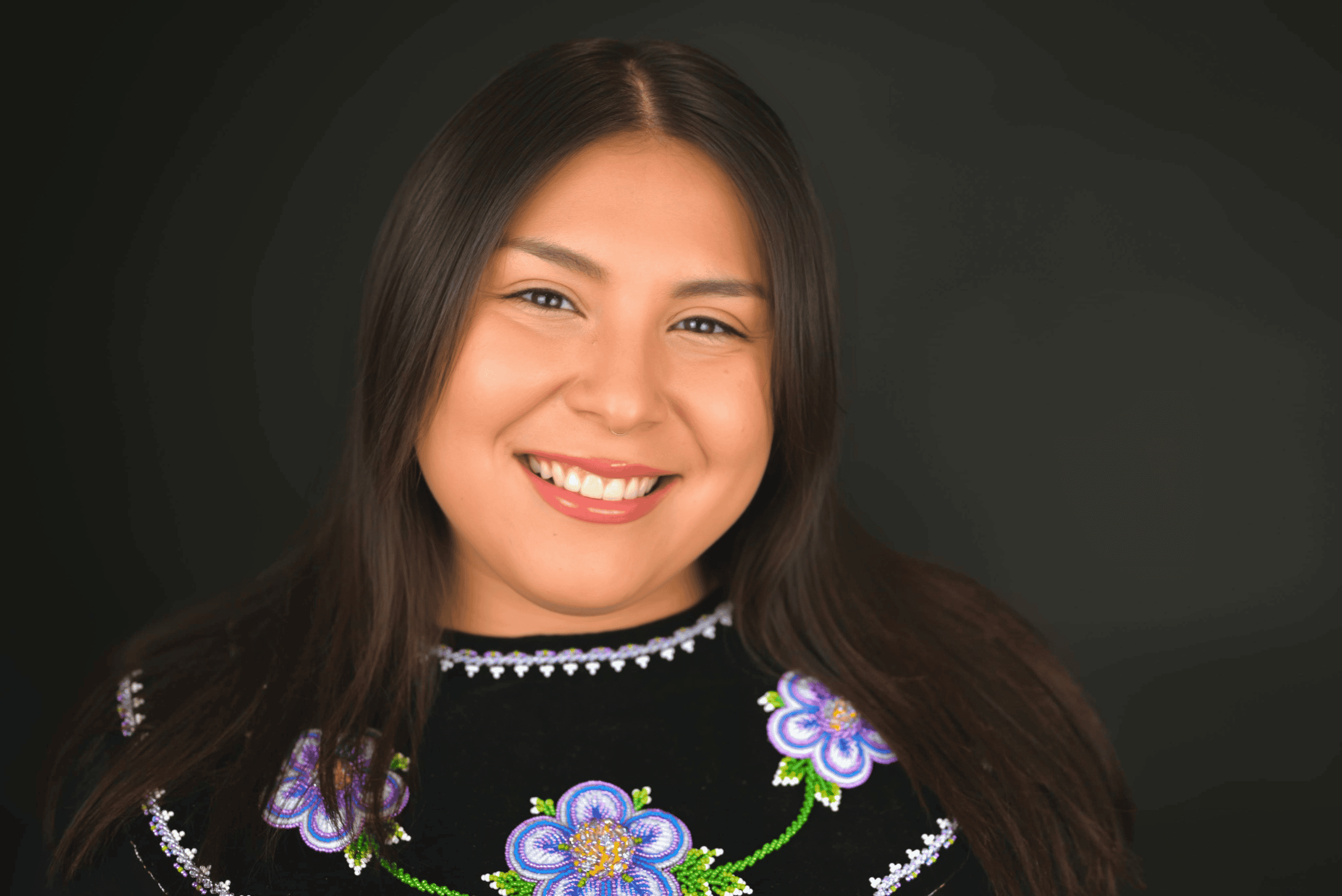
Name
Longhouse Energy Audit
Serena Mendizabal
Six Nations of the Grand River, ON
Description
This project will identify a sustainable restoration plan for the Cayuga Nation Sour Springs Longhouse. Serena hopes to achieve sustainability by a Haudenosaunee standard through an energy efficiency audit, the implementation of a Solar PV system, and the creation of a seed storage facility for food security. Serena hopes that this project will include education and training for Sour Springs Longhouse community members.
The Longhouse Energy Audit requires mentorship expertise & services in the following areas of clean energy: Technical Specifics. If you are interested in supporting this project, please submit an Expression of Interest form here.
Serena Mendizabal (she/her) is a Cayuga Wolf Clan-Panamanian woman from the Six Nations of the Grand River Territory. Serena is a community-based researcher, grassroots organizer, and environmental advocate. Serena began her journey in climate justice and clean energy when she was 18. After noticing gaps in consent for community energy plans, she wanted to explore what Climate Justice and a Just-Transition could look like for her community of over 28,000 members. From then on, Serena has dedicated her life to Indigenous self-determination, climate justice, environmental health impacts, and clean energy transitions through studies, work and extracurriculars. Serena is passionate about self-determined community development, action and futures led by sovereign, healthy nations. Serena is the Just Transition Manager at Sacred Earth Solar, Co-Chair at SevenGen National Indigenous Youth Energy Council, Climate Action Strategy Co-Lead at Protect the Tract, and Course Collaborator for Connecting for Climate Change Action.
Portrait
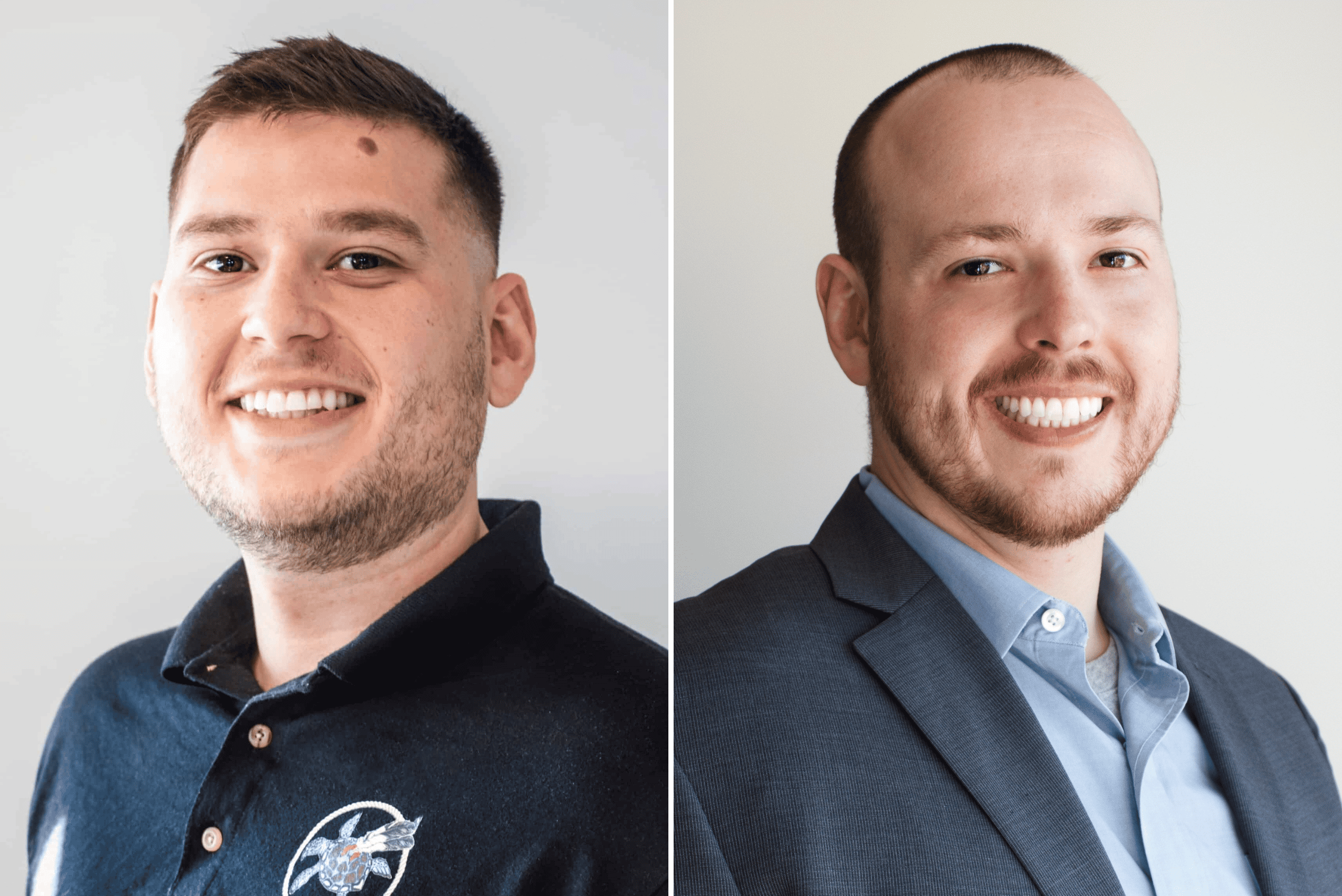
Name
Mi’kmaq Food Sovereignty Project
Drew Bernard and Dylan MacLennan
Lennox Island First Nation, PEI
Description
The Mi’kmaq Food Sovereignty Project aims to enhance the Lennox Island community greenhouse to support year round local produce production. Drew & Dylan will focus on adaptation skills, economic improvements, addressing agricultural sustainability issues, and better utilization of natural resources.
The Mi’kmaq Food Sovereignty Project requires mentorship expertise & services in the following areas of clean energy: Project Management, Indigenous Governance, Leadership, Community Engagement, and Fundraising. If you are interested in supporting this project, please submit an Expression of Interest form here.
Drew Bernard is the Energy Lead and proud member of Lennox Island First Nation in Prince Edward Island. A graduate of Energy Systems Engineering Technology at Holland College, Drew realized a need for the transition to renewables in his community and began a sprawling energy initiative to address this issue. To date, the initiative was able to complete energy evaluations on all community homes and buildings, an extensive energy opportunities assessment, and the installation 65 heat pumps to begin the electrification of on-reserve heating systems along with two EV charging stations. Today he is working to complete significant wind and solar projects across Prince Edward Island before reinvesting to create a net-positive microgrid owned and operated by a band-owned non-profit utility for Lennox Island First Nation in the future. Drew is also a member of the Prince Edward Island Net-Zero Advisory Committee.
A Mi’kmaq youth deeply dedicated to the preservation of land and resources, Dylan has channeled his passion into a meaningful career at the intersection of energy efficiency, renewable generation, and sustainable energy sovereignty. He is currently embarking on a Ph.D. in Environmental Sciences at the School of Climate Change and Adaptation at the University of Prince Edward Island. His proposed thesis focuses on a critical question “How can First Nations in Canada effectively develop pathways to net-zero emissions while preserving sovereignty over land and resources?” Dylan’s thesis will highlight successful clean energy projects implemented by other First Nations and will craft a framework and strategy that not only benefits Lennox Island First Nation but can also serve as a blueprint for other First Nations across Canada. Dylan founded L’nu Energy in April of 2022, and sits on the CCAB Board of Directors, where he brings a unique perspective on sustainability and Indigenous sovereignty as a First Nations entrepreneur from Atlantic Canada. His dual roles ensure his work is both grounded in practicality and reflective of broader community aspirations, underscoring the vital link between local actions and national strategies for sustainable development.
Portrait
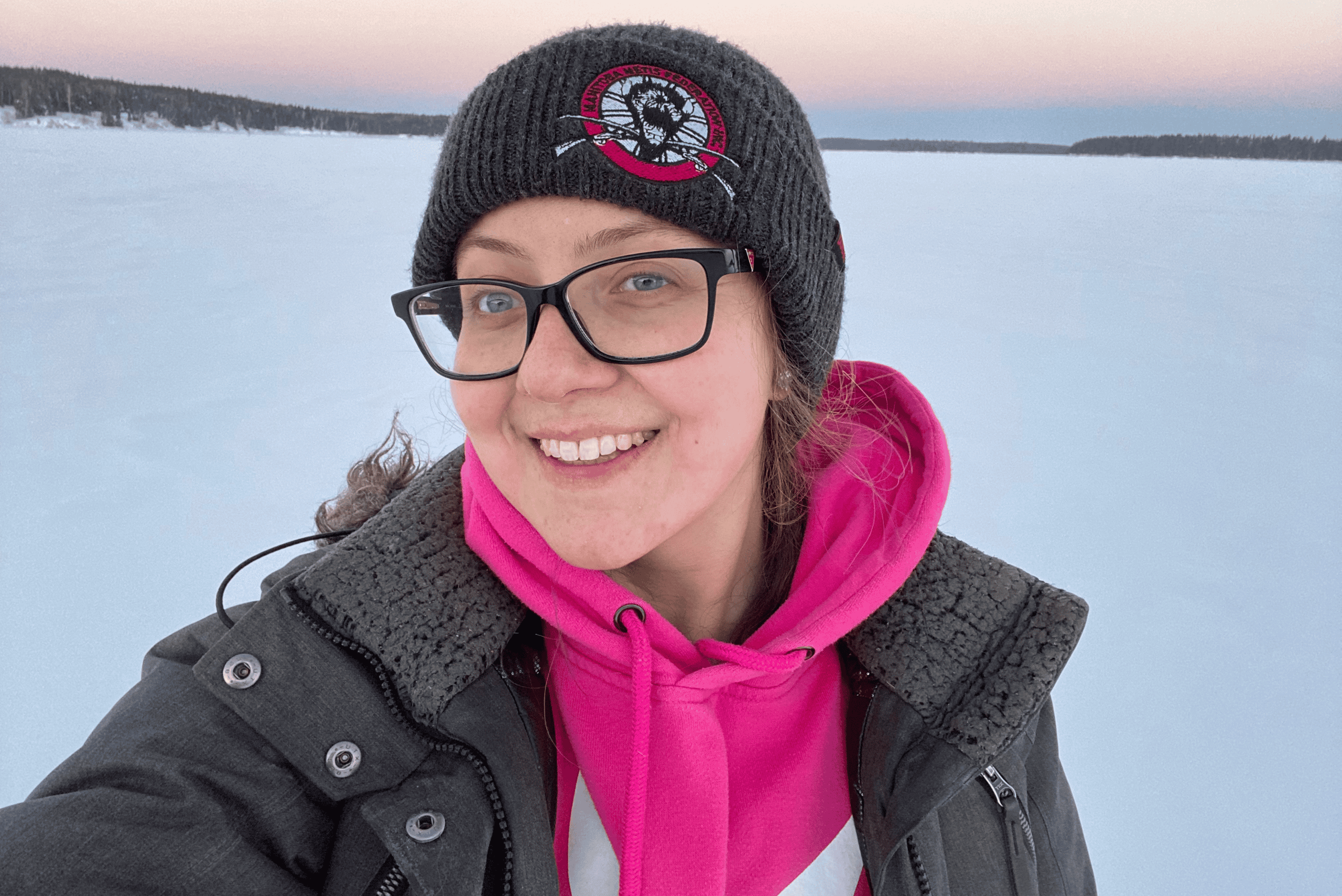
Name
Northern Lights Solar Greenhouse
Emily Pruder
Thompson Region, Manitoba Métis Federation, MB
Description
The Northern Lights Solar Greenhouse will provide food accessibility to families impacted by domestic violence, providing a safe place for community to learn about and enjoy the therapeutic benefits of gardening, horticulture, and composting. The 4-season self-sustaining greenhouse will demonstrate energy sustainability through a combination of solar panels, passive solar, and a biofuel boiler for power and heat. In partnership with the Thompson Crisis Centre, the greenhouse will create opportunities for educational workshops, community healing, and fresh produce for those in need.
Emily Pruder proudly holds Métis lineage through both her parents and is an active member of the Thompson Branch of the Manitoba Métis Federation (MMF). She is passionate about reproductive justice and food accessibility for vulnerable populations. Emily is the recipient of the YWCA Chantelle Chornoby Memorial Award in 2016 for Young Woman of Distinction, an award given for “an exceptional young woman aged 30 or under who demonstrates leadership, maturity and compassion”. Through her commitment to a cause or pursuit of a personal dream, Emily has shown perseverance, innovation, and a keen understanding of community complexities, barriers, and solutions. She is described as “a community leader and a trailblazer for human rights that advocates for equality of marginalized groups and dedicated to the empowerment of young women and girls.”
Portrait
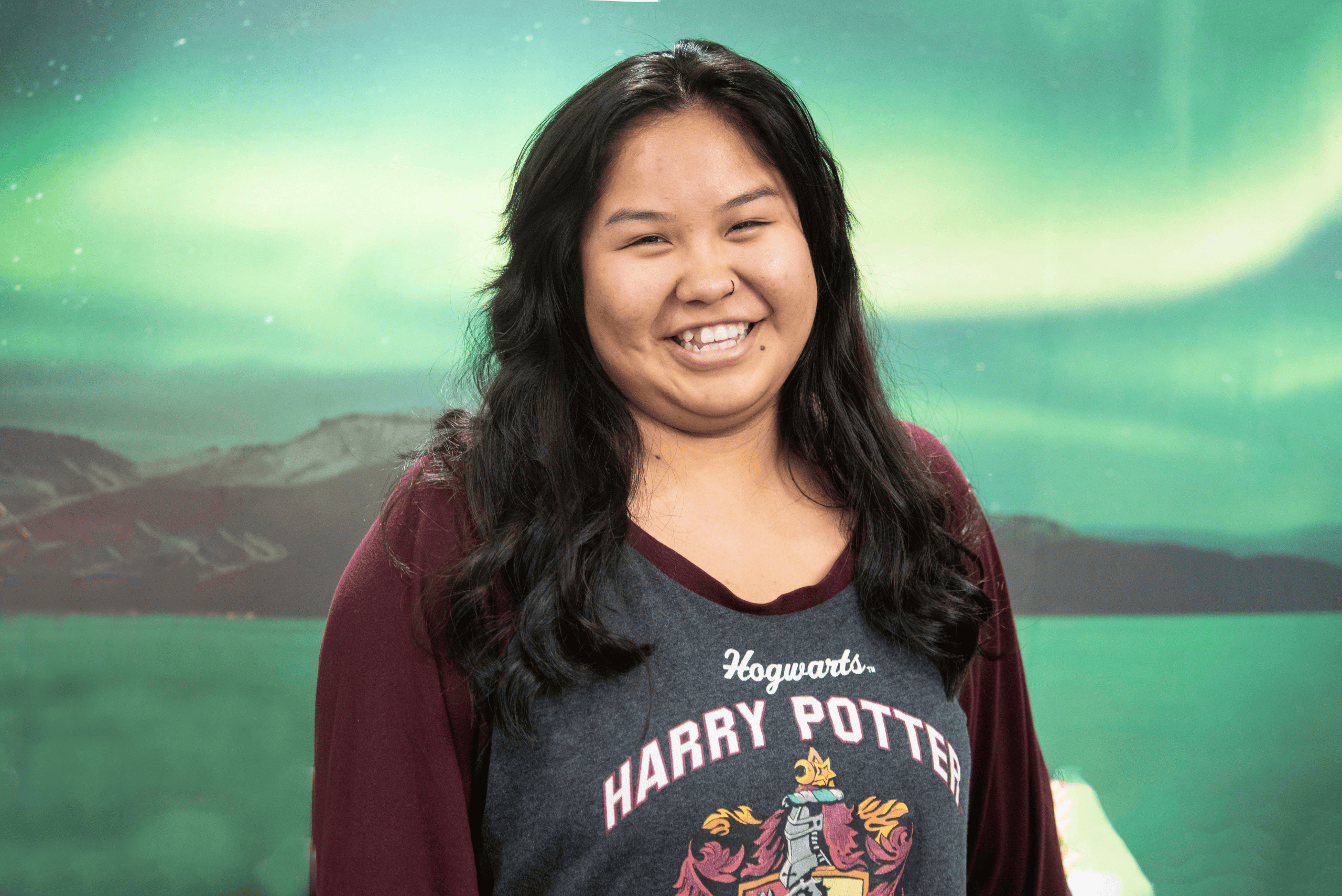
Name
Off-Grid Greenhouse
Oriana Bee-Johnson
Kwikwasutinuxw Hawamis First Nation, BC
Description
This project involves creating an off-grid, solar-powered greenhouse for the Kwikwasut’inuxw Haxwamis Nation village. The greenhouse will be situated on a plot of land next to Elder Chahalus’s home. The site will be assessed to determine the area that receives the most sunlight. The plot, too small for a home, is ideal for a community greenhouse.
The greenhouse structure will utilize materials like glass or polycarbonate for optimal light absorption. Insulation will be installed in the North wall and other non-transparent parts to prevent heat loss. Solar panels will be mounted on the roof or nearby to capture sunlight and convert it to electricity. Drawing on experience from a previous solar project in the village, professionals and community members will collaborate to ensure the project’s success.
Oriana’s personal goals for this project are to gain more experience in her field and to build connections with others involved. The project aims to reduce the environmental footprint by minimizing energy use and enhancing the community’s food sovereignty. By growing fresh, pesticide-free produce locally, the project will also address the issue of fruits spoiling during transportation from distant shops. Ultimately, the greenhouse will protect traditional foods and contribute to the community’s well-being with fresh, pesticide-free produce.
Oriana requires mentorship expertise & services in the following areas: Fundraising, technical specifics, networking, community engagement, Indigenous governance and leadership, and budgeting. If you are interested in supporting Oriana, please submit an Expression of Interest form here.
Oriana Bee-Johnson hails from the Kwikwasutinuxw Hawamis First Nation (KHFN) on Gilford Island and the Musgamaugw Dzawad’enuxw (Kingcome Inlet). She entered this field of work by taking on some local jobs for the KHFN. Jamie Pond, a former 20/20 Catalyst at ICE, brought Oriana into the equation where she began working for Jamie as an intern, initially unsure of what to expect. However, the more she worked, the more invested she became. After a trial period of three months, Oriana transitioned to full-time work as a Climate Action Coordinator for KHFN.
Portrait
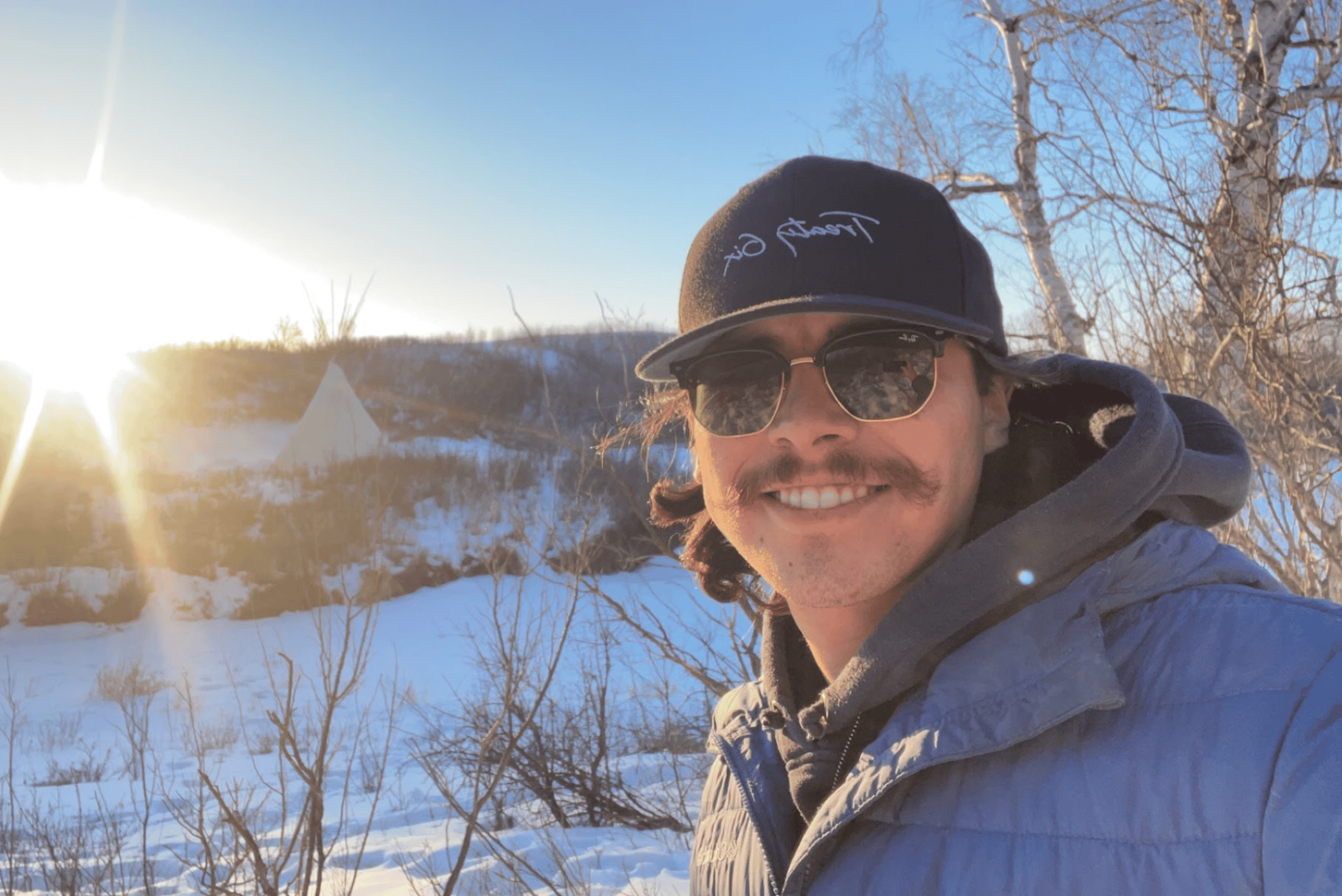
Name
pîsim power: A Solar-Powered Mobile Education Initiative
Kal Ledoux
Muskeg Lake Cree Nation, SK
Description
pîsim power is a solar-powered trailer designed to serve as a mobile education station, bringing clean energy awareness and hands-on learning to people of all ages. This initiative aims to empower the Muskeg Lake Cree Nation community by showcasing the benefits of renewable energy and fostering environmental sustainability.
Equipped with solar panels, a battery storage system, and an inverter, the trailer will generate and store power to support various community events and educational initiatives. Whether providing energy for cultural gatherings, workshops, or public demonstrations, pîsim power is a versatile, community-driven resource that blends Indigenous knowledge, sustainability, and technology to inspire future generations.
The pîsim power project requires mentorship expertise & services in the following areas of clean energy: Project Management, Energy 101, Budgeting, Indigenous Governance, Community Engagement, Fundraising. If you are interested in supporting this team, please submit an Expression of Interest form here.
Kal Ledoux is a proud Muskeg Lake Cree Nation member, lifelong learner, and advocate for youth-led community initiatives. He is pursuing an education degree at the University of Saskatchewan, focusing on Indigenous Studies and a teaching approach that weaves together ancestral and contemporary knowledge.
Portrait
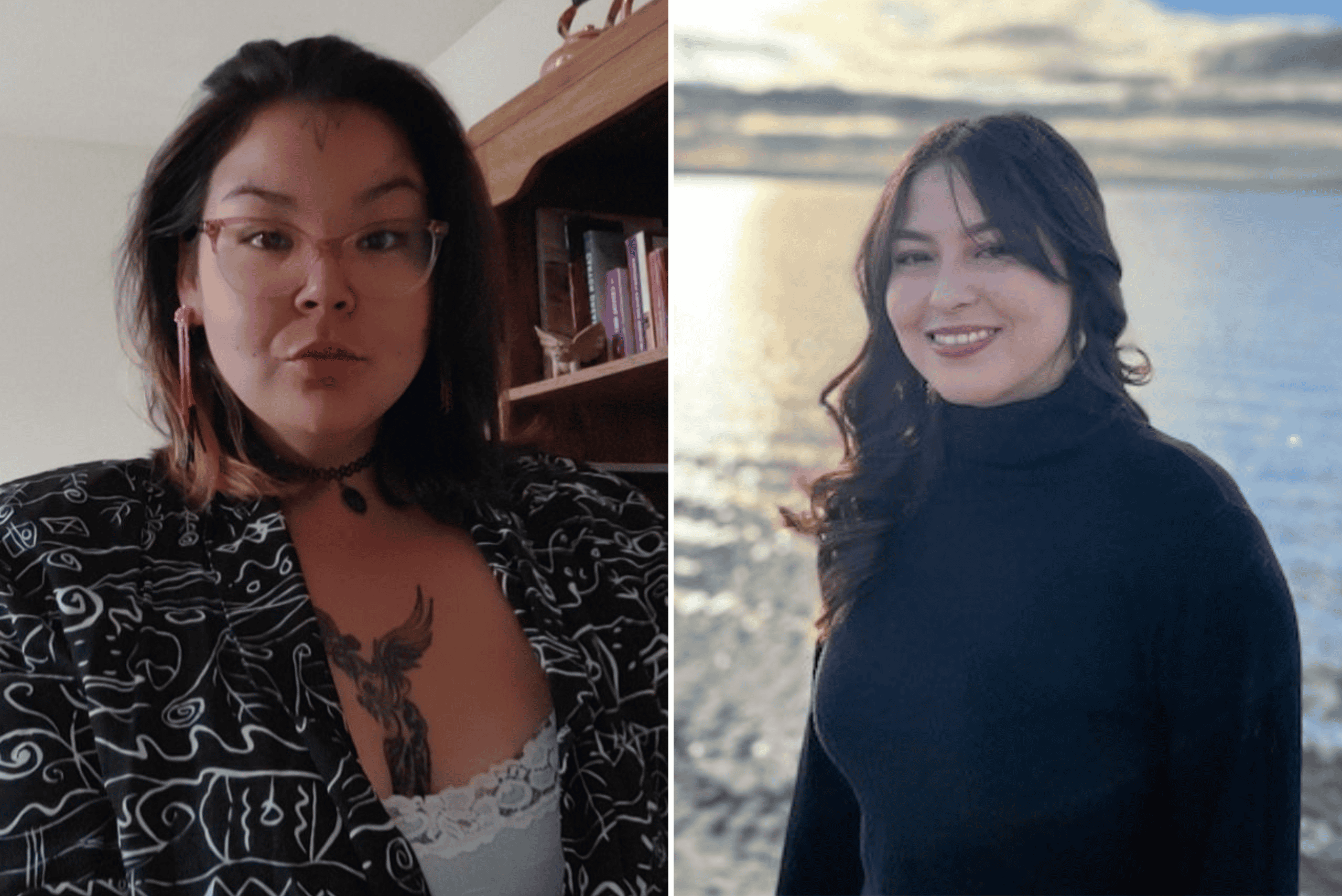
Name
Sagkeeng Youth Group
Sara Fontaine and Tikkan Morrisseau
Sagkeeng First Nation, MB
Description
The Sagkeeng Youth team is advancing the build of a sustainable greenhouse in Sagkeeng First Nation. The project is launched with the support of Sagkeeng Anicinabe Highschool, where the greenhouse will offer sustainability curriculum, work experience, and quality nutrition to Indigenous high school students. Sara and Tikkan have taken a leadership role to drive this project forward according to their community values, keeping kinship as the center of the project. The project plan is informed by community engagement sessions, incorporating youth voices and feedback, building relations with high school staff, visiting local food producers to share knowledge, and engaging with elders to reclaim Indigenous teachings and nutrition.
Sara Fontaine is an Anishinabe Ikwe from Sagkeeng First Nation, Treaty 1 Territory in Manidooba, Kanata. She has participated in Canada World Youth, a youth exchange program, where she facilitated a drop-in where she supported disadvantaged youth in a village in Kenya for three months. She graduated locally in 2015 and did an education upgrade at Native Education College in Vancouver, BC, where her passion for environmental protection began. Sara is currently a representative for Sagkeeng Youth Group, a grassroots initiative within her community focused on youth empowerment and community betterment. Her goal within this group is to introduce food security along with recycling, composting, and clean energy projects that ensure sustainability. She wishes to create a life-skills based land program that is introduced to the school curriculum to ensure longevity of knowledge and land-based skills. Sara has participated in Motivate Canada’s VIAYouth Summit, CANDO’s Youth Summit, as well as economic development related programming. She has taken part in the British Columbia Assembly of First Nations Youth Forum and Training and the “Building your Bundle” training from the Institute for the Advancement of Aboriginal Women. Sara is on the path to making her vision a reality for a sustainable future for Sagkeeng.
Tikkan is an Ojibwe woman who was born and raised in Sagkeeng Mb. Treaty 1 Territory, where she currently resides and works with elementary children as an Education Assistant. She, along with fellow Indigenous youth from her community, had initiated a garden project in 2017 and donated the year’s harvest to the community schools. It was from this project she was inspired and since then, she hopes to create a sustainable environment for future relations and beings, and to empower and encourage those she meets along the way. She is excited and thankful to be a part of ImaGENation’s first cohort and for the opportunity to learn and work with fellow Indigenous youth and knowledge keepers.
Portrait
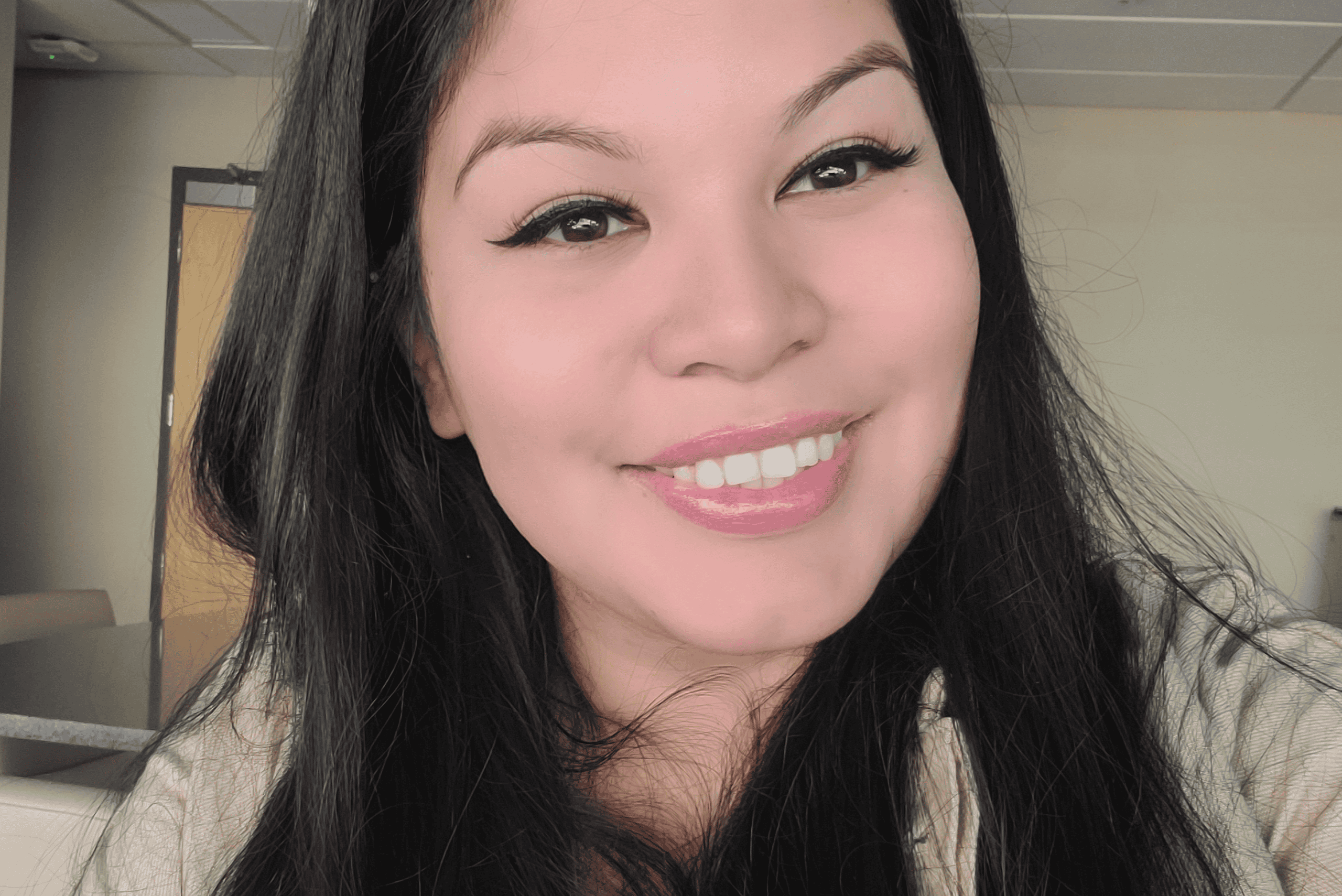
Name
Soaring Prairies
Jana Sasakamoose
Ahtahkakoop Cree Nation, SK
Description
Soaring Prairies aims to create an energy-efficient year-round greenhouse to promote food and energy sovereignty in the community and at the school within Ahtahkakoop Cree Nation. The vision for the project is to reclaim ancestral knowledge by offering traditional teachings through gardening, hide tanning, medicines, Elders’ circles, and Ceremonies. Soaring Prairies will incorporate hydroponics and additional clean energy and energy efficiency options will be looked at to help grow healthy foods and medicines. The Soaring Prairies project will offer a sustainability curriculum, work experience, and quality nutrition to Indigenous students of all grades. Jana will be working alongside an elder who has space and has been offering teachings at the school, with plans to provide lunch for students such as traditional soups and other foods for students to take home.
Jana is a proud mother of 6 and stepmom to 2, hailing from the Ahtahkakoop Cree Nation. She is currently completing her Master of Science in Interdisciplinary Studies with concentrations in Mathematics and Statistics, Geographics, and Social Justice. Jana is one of the first First Nation women accepted into the Math and Stats Graduate program at the University of Regina, and has been breaking down barriers as an Indigenous mother through her entire education journey, raising her children without ever stopping her work and learning. Jana is open about her story of overcoming adversity and experiencing generational trauma and colonialism that impact her life, her family, and her loved ones. She has vowed to use her education and ambition to ensure her children never face the same hardships and despite all that she has gone through, Jana always finds a way to give back. Whether it is volunteering or paying it forward to others by donating each time she receives a scholarship, Jana plans to uplift her community and break the cycles of trauma to create a better future for all Indigenous people.
Portrait
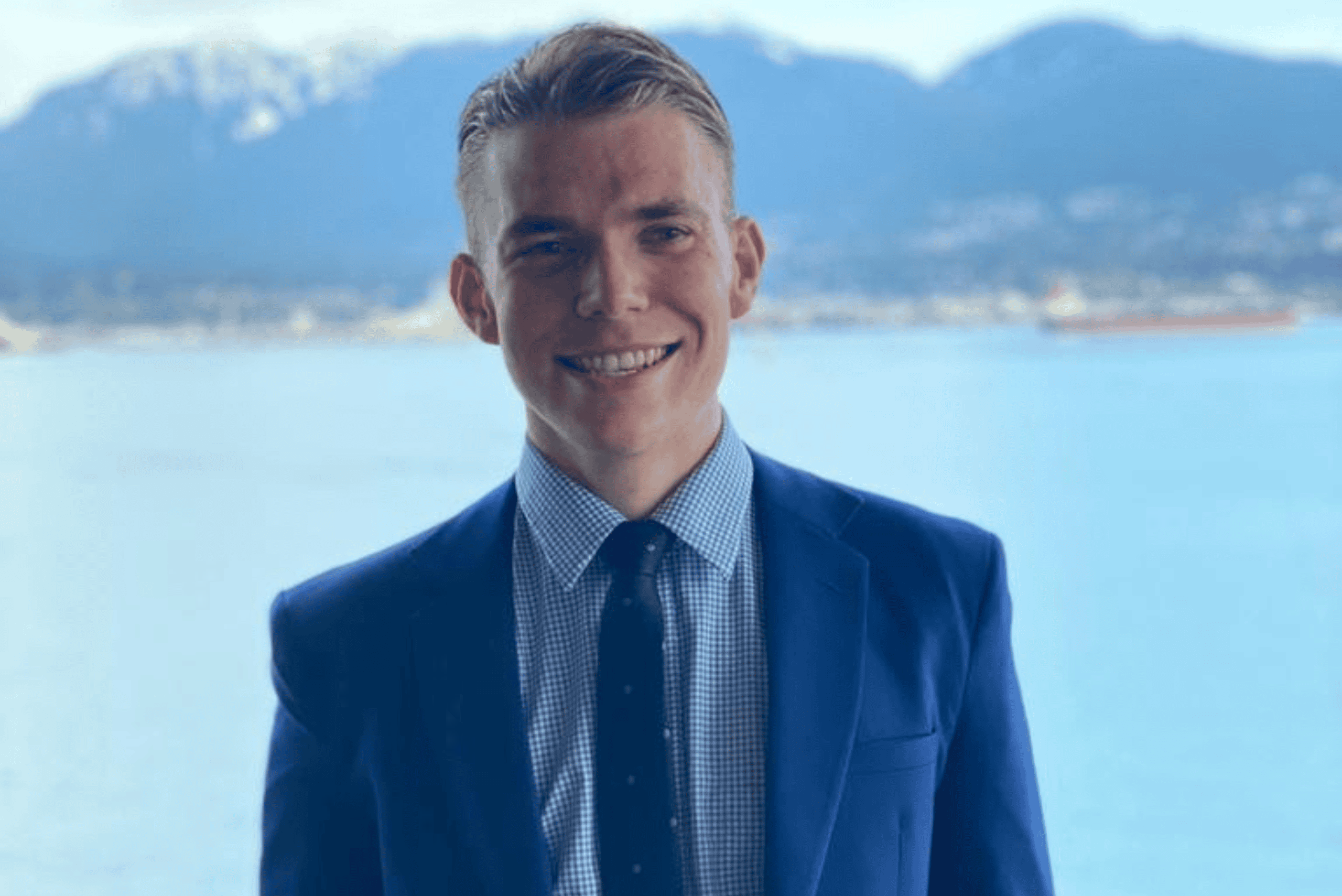
Name
SOMBO Energy
Bohdana Innes
Métis Nation of Alberta
Description
Sombo Energy is an Indigenous-owned, not-for-profit renewable energy development organization, with a vision of accelerating the energy transition and catalyzing reconciliation. The project aims to develop a 100MW Solar and BESS facility in Alberta. The funds generated from the sale of electricity will help SOMBO serve its mission to educate youth, reclaim land, and support other Indigenous-owned clean energy projects.
Austin is a member of the Métis Nation of Alberta and holds his heritage in high regard. In his free time, he enjoys spending time outdoors, which often includes rock climbing, backcountry hiking, multi-day canoe trips, and snowboarding. Austin is a registered E.I.T. with APEGA after completing his B.Sc. in Mechanical Engineering at the University of Alberta as well as his M.Eng in Sustainable Energy Engineering at Carleton University. Through these programs, Austin has developed a strong understanding of a broad range of topics related to sustainability, climate change, and clean energy. Austin has gained experience from working in government, academia, consulting, industry, and with NGOs. He serves on the board of directors at Foundation for Environmental Stewardship, a national charity focused on sustainability education and supporting grassroots organizations. Currently, he works with SunGrid as a Business Development Associate where he supports the development of grid-scale energy storage projects.
Portrait

Name
Sun of Labrador: Remote Community Energy Plan
Damon Williams
Nunatukavut Southern Inuit, Labrador
Description
Sun of Labrador requires mentorship expertise & services in the following areas of clean energy: Budgeting, Networking, Research & Development. If you are interested in supporting this project, please submit an Expression of Interest form here.
Portrait
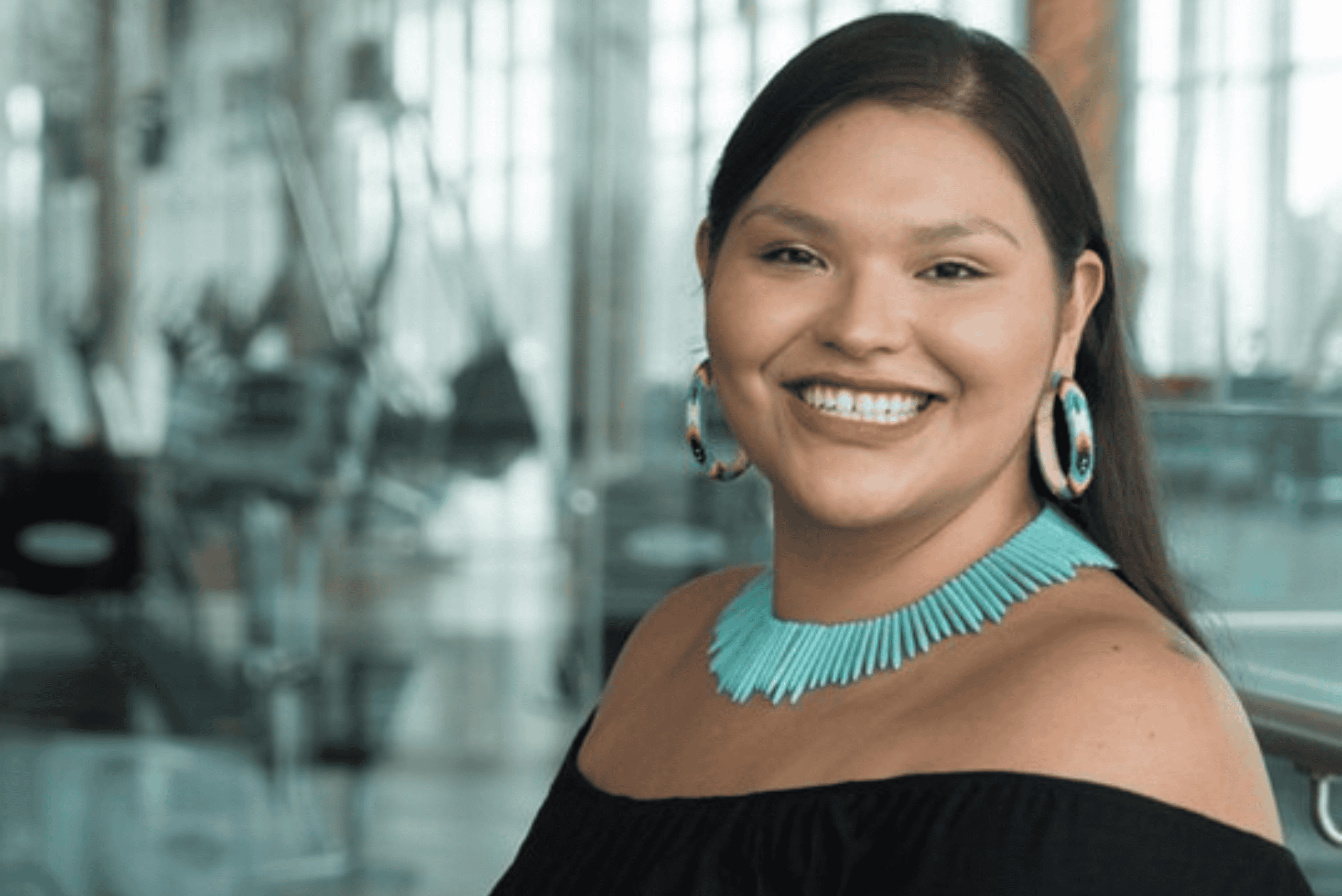
Name
The Bee & Berry Café
Marley Bob
Ochapowace Cree Nation, Treaty 4 Territory, SK
Description
The Bee & Berry Café project is a solar powered food truck focused on providing organic, and/or local, and/or Indigenous products to people throughout the powwow trail in Saskatchewan. The business will be sustainable and healthy with the goals to support local organic and Indigenous businesses in the area. The menu will include items such as smoothies, porridge, toast with honey and almond butter, soups, muffins, cupcakes, and medicine drinks such as tea with honey. Bee & Berry will explore clean energy options to power the operations of the business to demonstrate and inspire sustainable practices within community.
Marley Bob (She/Her) is a Nehiyaw woman belonging to Ochapowace Cree Nation, Treaty 4 Territory. She currently resides in Tkaronto (Toronto, ON) Treaty 13 Territory. Marley holds a diploma in General Carpentry from The Skilled Trades College of Canada and is currently studying Architectural Technology at George Brown College. Previously, she received a diploma in General Arts & Science and a certificate in Pre-Health from Mohawk College in Hamilton, ON. A career and community driven person, Marley’s goal is to obtain a Master of Architecture where she can utilize her education and knowledge to help First Nations by creating healthier communities, environments, and buildings that are safe, sustainable, self-sufficient, and can self-identify with culturally. Marley has worked diligently throughout her professional and academic career to gain knowledge of contemporary and traditional(vernacular) construction methods, natural building materials, and community engagement practices. Marley has participated in several Ontario architectural projects located in Toronto, Ottawa, Sault. Ste. Marie, and Kingston.
Portrait
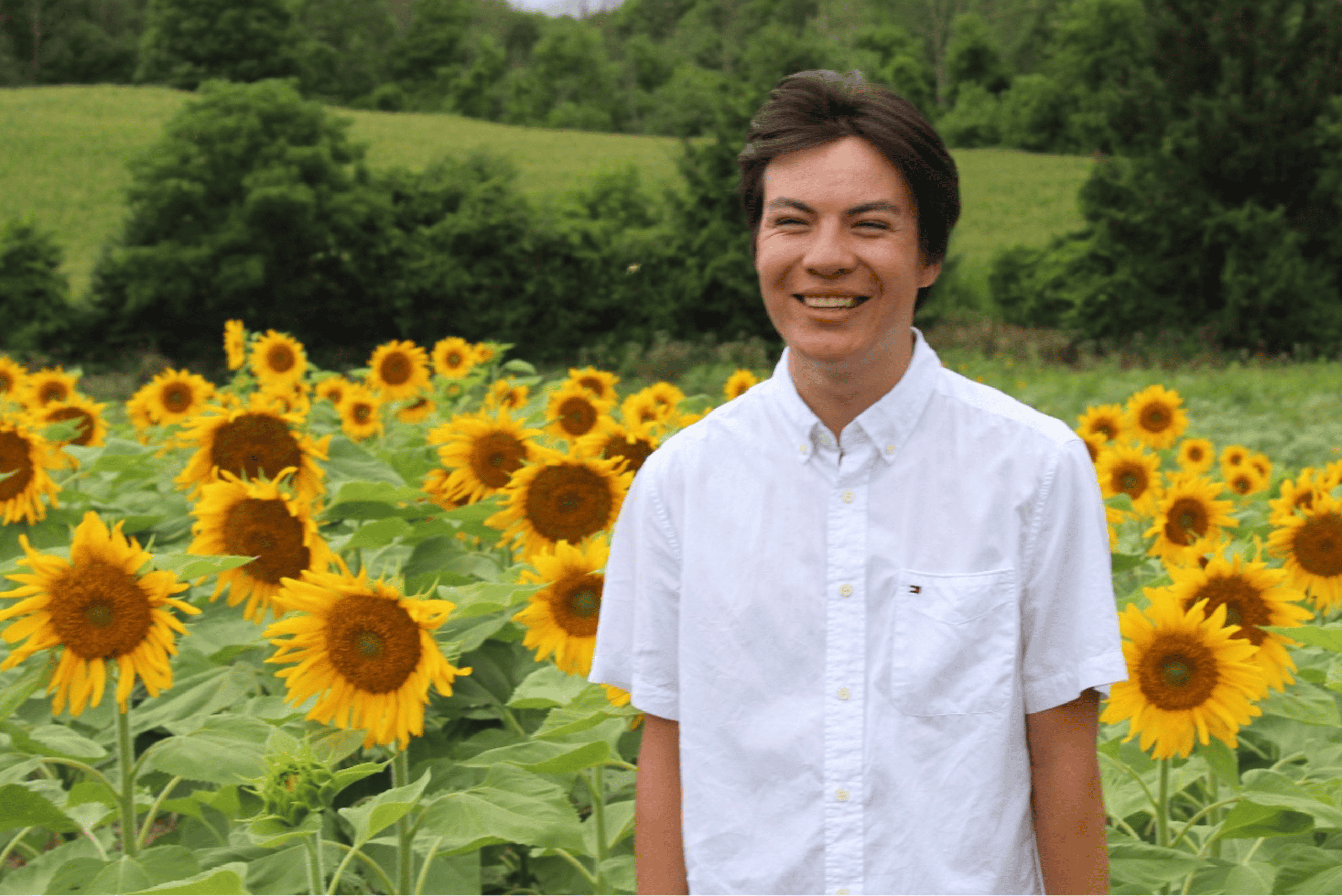
Name
The Clean Boating Project
Mitchell Souliere-Lamb
Wikwemikong First Nation, ON
Description
The Clean Boating Project will explore the potential to utilize solar energy to power a boat with either panels on the boat or a charging station to power the boat. Models for the boat will also be explore, either being a pontoon boat or an aluminum fishing boat. The end goal is to utilize the prototype to teach Indigenous youth and community members of Wikwemikong about clean energy, electrical, and mechanical systems by integrating the knowledge learned in school curriculum and/or presentations.
Mitchell Souliere-Lamb is a First Nation student in his second year of Mechanical Engineering at the University of Toronto. He is originally from Wikwemikong on Manitoulin Island. Mitchell noticed a lack of indigenous students in STEM and hopes that he can be a model for Indigenous youth. He would like to design and build things in his career to benefit society and bring justice to all Indigenous people in Canada.
Portrait
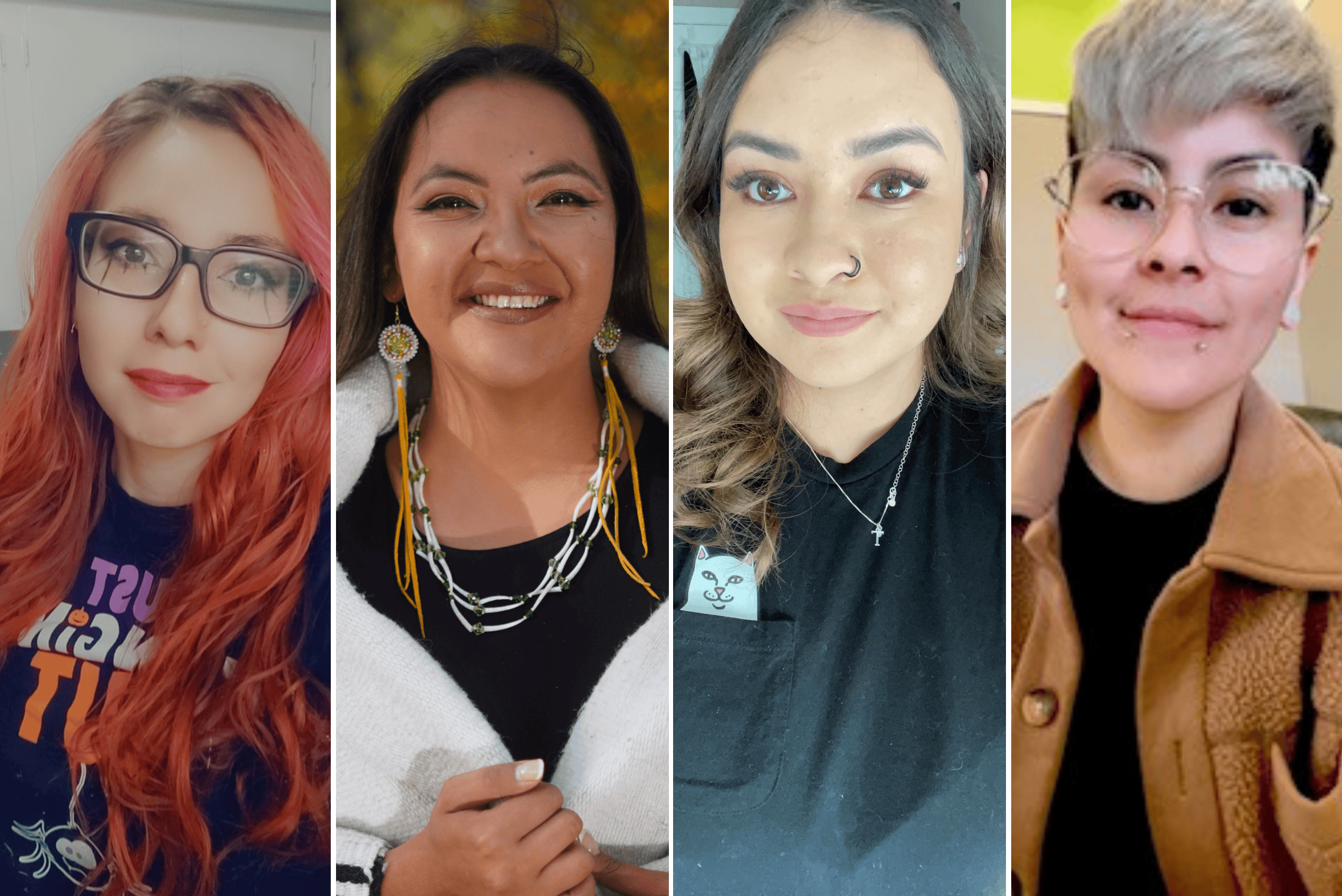
Name
The Cowessess First Nation ImaGENation Team
Ashleigh Dawn, Daphne Kay, Kyrah Delorme, and Shayla Wing
Cowessess First Nation, Treaty 4, SK
Description
The Cowessess First Nation (CFN) ImaGENation team is advancing the design and construction of an an energy efficient greenhouse to promote food and energy sovereignty in the community. Solar will be a major component of the greenhouse and additional clean energy and energy efficiency options will be explored, such as passive-solar, geothermal, and grow lights to replace winter sunlight. The goal is to automate as much of the operation as possible, with temperature control and automatic water pumps to help grow healthy foods and medicines as part of a sustainability and food equity initiative. The CFN ImaGENation Team intends to provide purpose to the community through gardening and nutrition, and also hopes to utilize the structure as a prototype that can be scaled up and built in other Indigenous communities.
Ashleigh is from Cowessess First Nation, a small yet strong community located in Treaty 4 Saskatchewan. She is currently working in the field as a solar installer and is quite the go-getter with aspirations to design and share plans for a solar-powered and self-sufficient greenhouse for Indigenous communities.
Daphne Kay is a proud Anishinaabe Ikwe from the Cowessess First Nation, Treaty 4 Territory, and is currently the Community Energy Specialist for her Nation working within their ec. dev. co., Cowessess Ventures Ltd. In her position, Daphne oversees existing renewable energy initiatives and assets, and examines new energy opportunities that can be implemented by Cowessess First Nation. She is also responsible for planning, coordinating, and executing community engagement sessions, training programs, public events, and educations days for Cowessess citizens. Daphne is a current participant in the 2020 Catalyst Program, as well as a team member of the CFN Team in the ImaGENation Program – both Programs of the ICE Network. Daphne is a life-long learner and has studied Political Science at the University of Regina and Land Management at the University of Saskatchewan. She has always been passionate about sustainable living and protecting the land. In her spare time, Daphne likes to read, bead, sew and dance.
Kyrah Delorme (she/her) is a Plains Cree and Saulteaux woman from Cowessess First Nation. Kyrah was born and raised in Treaty 4 Territory, TheAncestral lands of the Anishinabe̅k, Nehiyawak, and Oceti Sakowin Nations as well as the homeland of the Métis. Kyrah holds an Undergraduate Bachelors Degree in Kinesiology and Health Studies Majoring in Health Studies from the University of Regina and the First Nations University of Canada. Kyrah has worked with various Research Labs focused on Indigenous peoples’ health. Has background in grant writing, training development, land-based teachings, and working with various Indigenous communities.
Shayla Wing is a member of the Cowessess First Nation on Treaty 4 Territory, where she created memories growing up on her homelands. Keeping close to her community, Shayla now works as an Administrative Assistant at the Cowessess First Nation Urban Office. To extend her involvement within the Indigenous community, Shayla will be returning to school to pursue her bachelor’s degree in Indigenous Social Work. Shayla’s passions include hiking and new adventures while always willing to learn new things.
Portrait
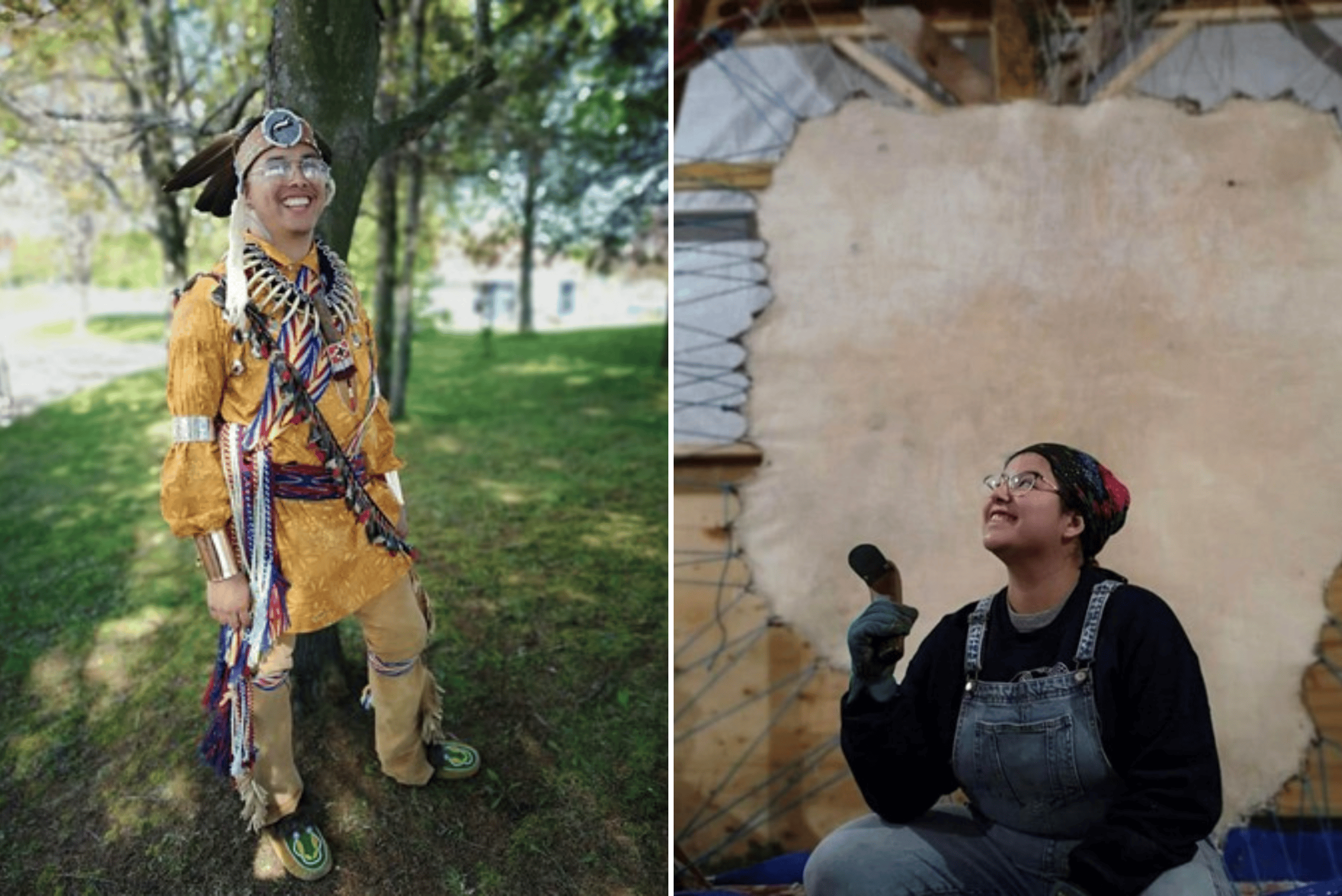
Name
The Nimkii Youth Collective
Quinn Meawasige and Taryn Bobiwash
Serpent River First Nation, ON
Description
The Nimkii Youth Collective is bringing solar and wind power to an off-grid, year-round cultural land camp on the territory of Serpent River First Nation. The clean energy will provide electricity to a structure that provides space for cultural activities and teachings, water pumps for a garden, and possibly replace a diesel generator that will be used for back-up only. The goal of the Nimkii Youth Collective is to revitalize language and culture in a sustainable path. The land camp is a youth-led initiative to reclaim ancestral knowledge, offering traditional teachings through gardening, hide tanning, medicines, Elders circles, and Ceremonies.
Quinn Meawasige is 28 years old and is Ojibwe from Serpent River First Nation. His community is located along the North Shore of Lake Huron and is a signatory of the Robinson Huron Treaty of 1850. Quinn graduated from Algoma University with a Bachelor of Arts in Community Economic and Social Development (Honours) and a Certificate in Anishinaabemowin from Shingwauk Kinoomaage Gamig. Upon graduation, Quinn was a founding member of the Nimkii Youth Collective, an Anishinaabe youth, language, culture and arts collective whose goal is Anishinaabe land-based language and cultural revitalization. He lives at Nimkii Aazhibikoong, an off-grid, year-round, lands-based language and culture camp in his territory. Quinn works towards the realization of food sovereignty for his community as a pathway to land restitution and reclamation. He is an active land user through subsistence harvesting and by navigating the ancient waterways of his peoples who came before him.
Taryn Bobiwash is an Odawa and Ojibwe member of the turtle clan from Serpent River First Nation. She is an amateur hide tanner, full spectrum doula, Indigenous breastfeeding councilor, multi disciplinary visual artist, and graduate of Algoma University with a BA in Anishinaabemowin and Psychology. She is dedicated to reclaiming Anishinaabemowin and the traditional artforms and birthing practices of her nation. She is passionate about reproductive education, soil health, and learning with and from the land.
Portrait
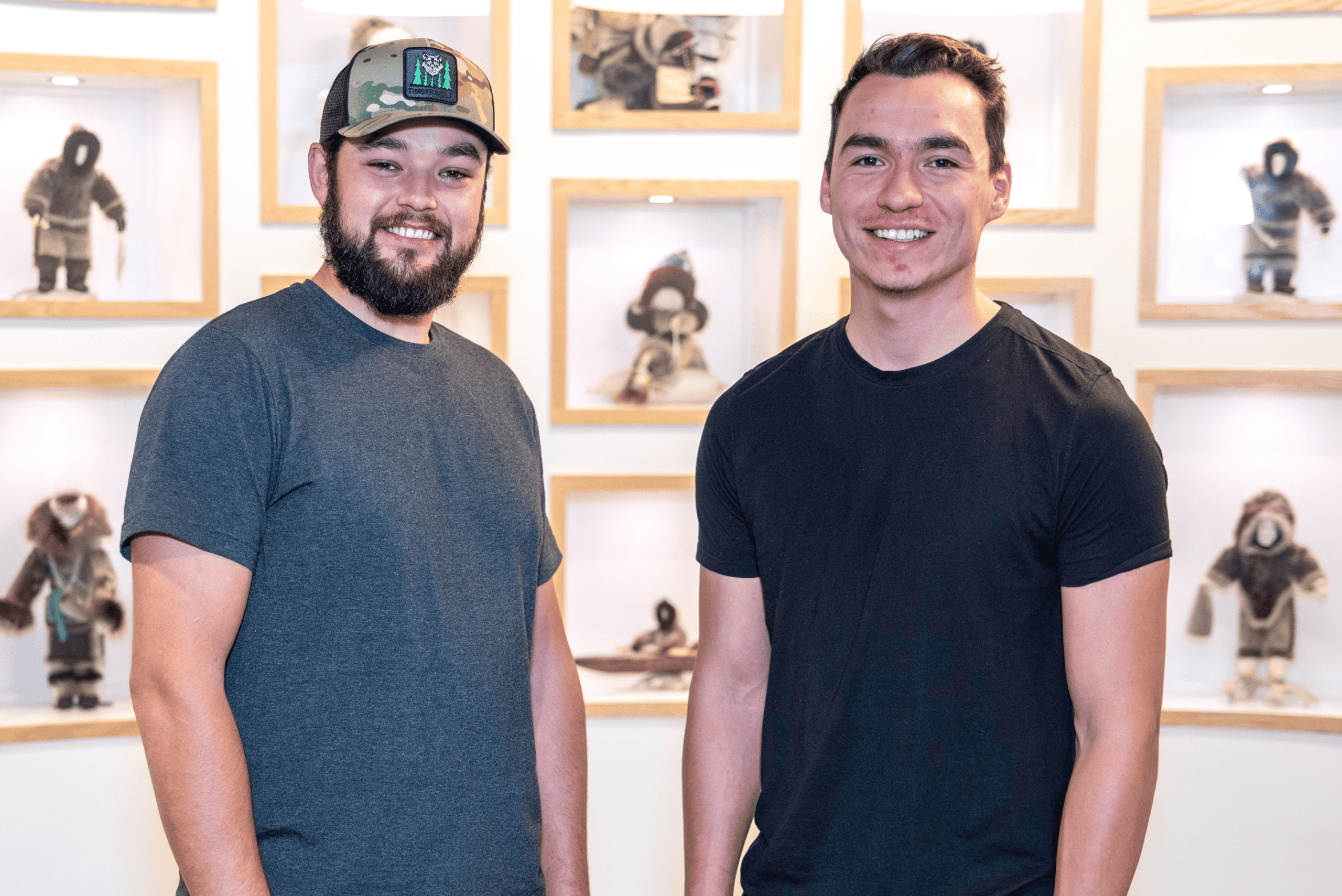
Name
The Portable Sauna
Emile Burnouf and William Desjarlais
Île-à-la-Crosse, SK
Description
This Métis team from Île-à-la-Crosse, Saskatchewan is hoping to provide solar retrofits to an existing cultural center in their community. Their goal is to showcase the accessibility and viability of solar projects, as well as provide a health service in the north through the installation of a solar-powered sauna. This will allow community members to access a healing space year-round powered by clean energy. This will also be an educational opportunity for those interested to learn more about solar installation and maintenance and increase the community’s energy sovereignty.
The Portable Solar Sauna requires mentorship expertise & services in the following areas of clean energy: Project Management, Indigenous Governance, Community Engagement, and Research & Development. If you are interested in supporting this project, please submit an Expression of Interest form here.
Emile Burnouf is a French-Cree descendant of the Métis Nation. His roots stem from Northern Saskatchewan near the Athabasca Basin. For most of his life, he has had a proclivity towards the idea of conception and construction, to think something into existence. This core value has led Emile to carpentry, construction, and mechanics, working on various projects throughout western Canada. His time in the Alberta Oilsands allowed him to see the destruction and devasting effects on the local ecosystems. These first-hand experiences led him to find alternative employment in a more renewable sector. He currently works as a carpenter converting refurbished sea-cans into utility buildings and homes.
William Desjarlais is Métis from Ile-a-la-Crosse, Saskatchewan. He is 26 years old and currently works as a Power Engineer at Key Lake mine site. He is very active through sports and fitness. He loves the outdoors and spending time with family.
Portrait
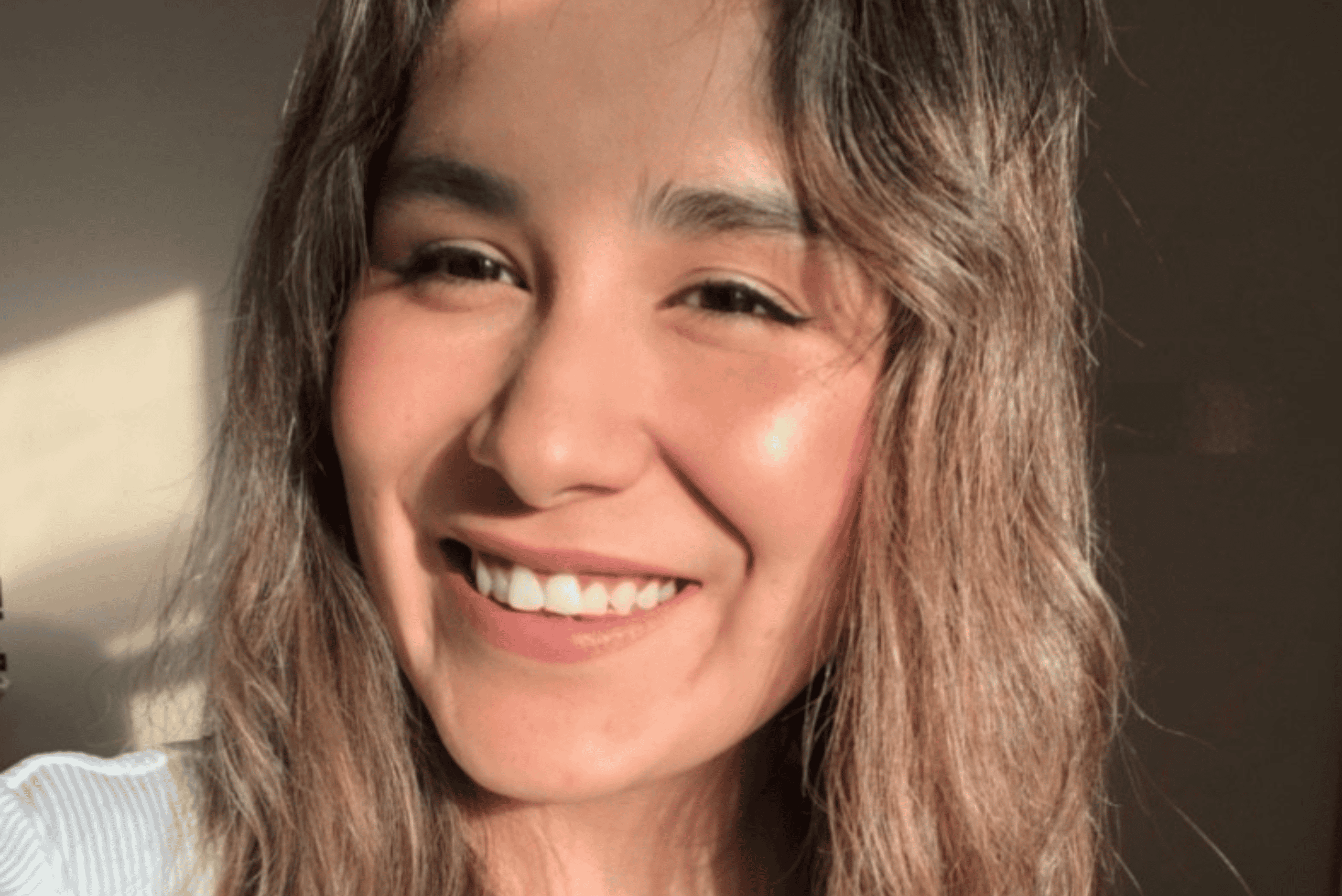
Name
Treaty 6 Sustainable Tiny House
Gabrielle Fourstar
Wahpeton Dakota First Nation, SK
Description
The purpose of this project is to design and build an off-grid sustainable tiny house that incorporates recycled materials, energy efficiency, and clean energy systems in Wahpeton Dakota First Nation. The learnings gathered throughout the design and build process will be shared through a website and intends to set an example of sustainable living to homebuilders and housing organizations in Saskatchewan. Once built, the prototype can be used as a showcase for those who wish to learn more about environmentally-friendly living.
Gabrielle Dawn Fourstar (They/She) is a Dakota-Cree, Scottish, French person with heritage from Mistawasis Cree Nation and a member of Wahpeton Dakota Nation. They reside on Treaty 6 Territory in Saskatoon Saskatchewan. Gabrielle is currently working on a degree in Psychology and Indigenous Studies at the University of Saskatchewan. They hope to start a counselling practice one day, targeting those dealing with trauma and addictions. Gabrielle is passionate about the environment and strives to live a zero-waste lifestyle. With the fruition of their tiny house, they also hope to live a zero-carbon lifestyle.
Portrait
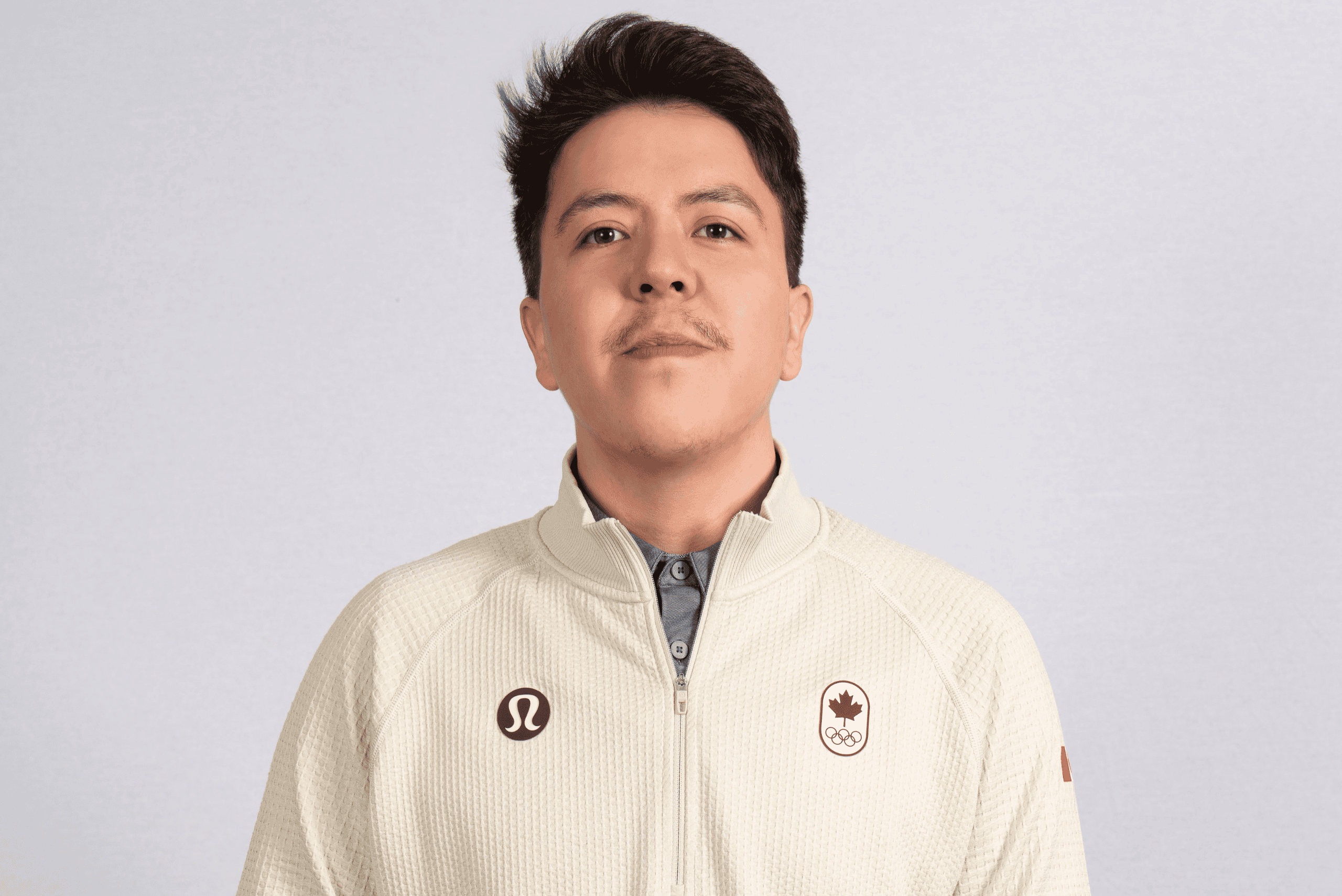
Name
Ziigwan Gitigaan
Shane Monague
Beausoleil First Nation, ON
Description
Shane’s ImaGENation project aims to create a cultural space that will reconnect community members with traditions, language, and promote community heritage to visitors of Beausoleil First Nation. The project aims to empower local indigenous community capacity in addressing food insecurity within Beausoleil First Nation with the construction of year-round greenhouses to grow and distribute traditional medicines and food staples to community members. The project will provide community members and local knowledge keepers a dedicated space to hold ceremonies and gatherings which are integral to the healthy development of the community. Working with Indigenous knowledge, Indigenous community members and a passion for community, Shane hopes to help alleviate household expenses for families while promoting community self-sufficiency and Anishinaabe cultural wisdom. The Gitigaan (“Garden” in Anishinaabemowin) will be a space for and by community.
Shane is a proud Anishinaabenini from Beausoleil First Nation. He has spent the last decade utilizing personal experiences and skills working in various capacities within the broader indigenous community. Shane advocates for and works to advance the health and well-being of our environment and indigenous youth with an Indigenous Assets-Based Community Development (IABCD) approach. He has completed a 1-year internship within the energy sector as part of the Generation Power program through ICE. Currently he is working within his community both professionally and as a volunteer with a focus in decolonized community building, language revitalization, cultural integration, and sustainable development.
